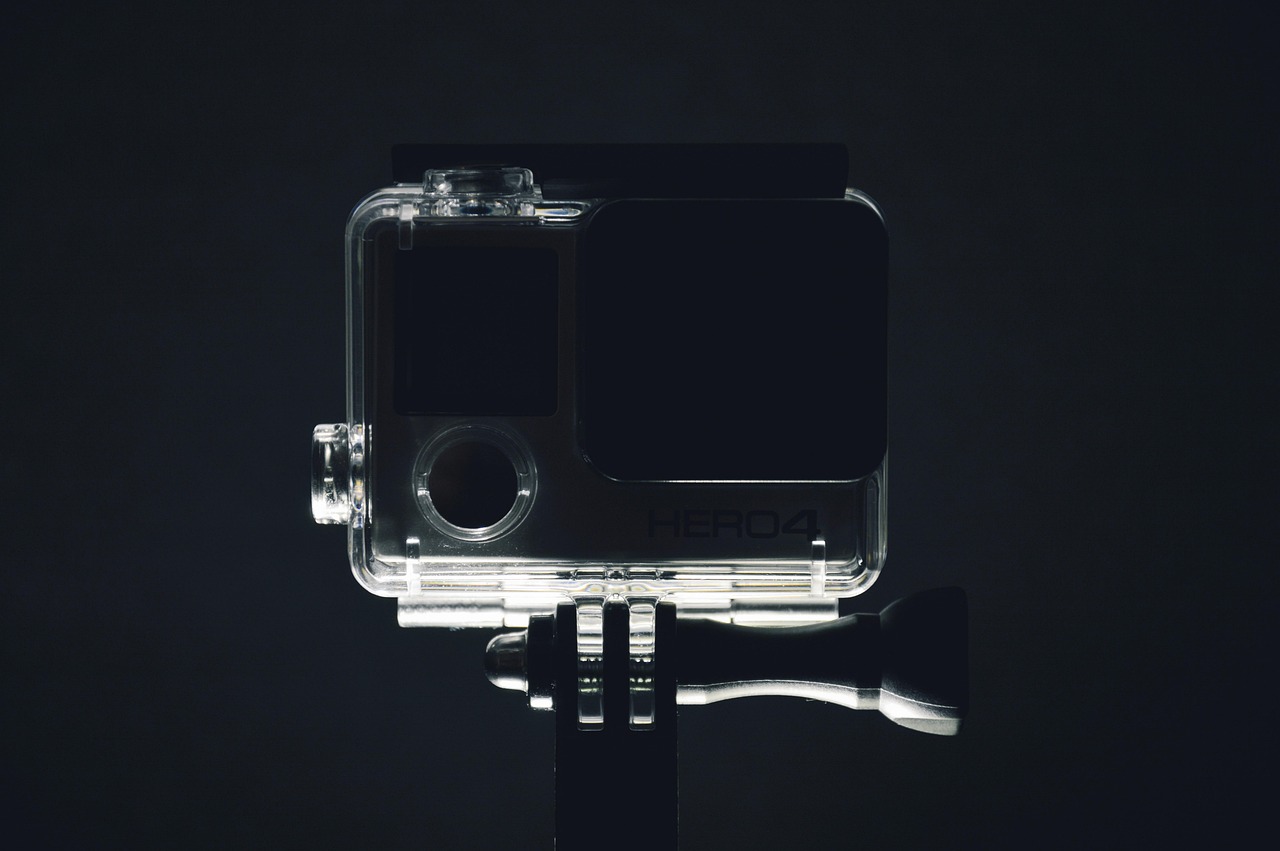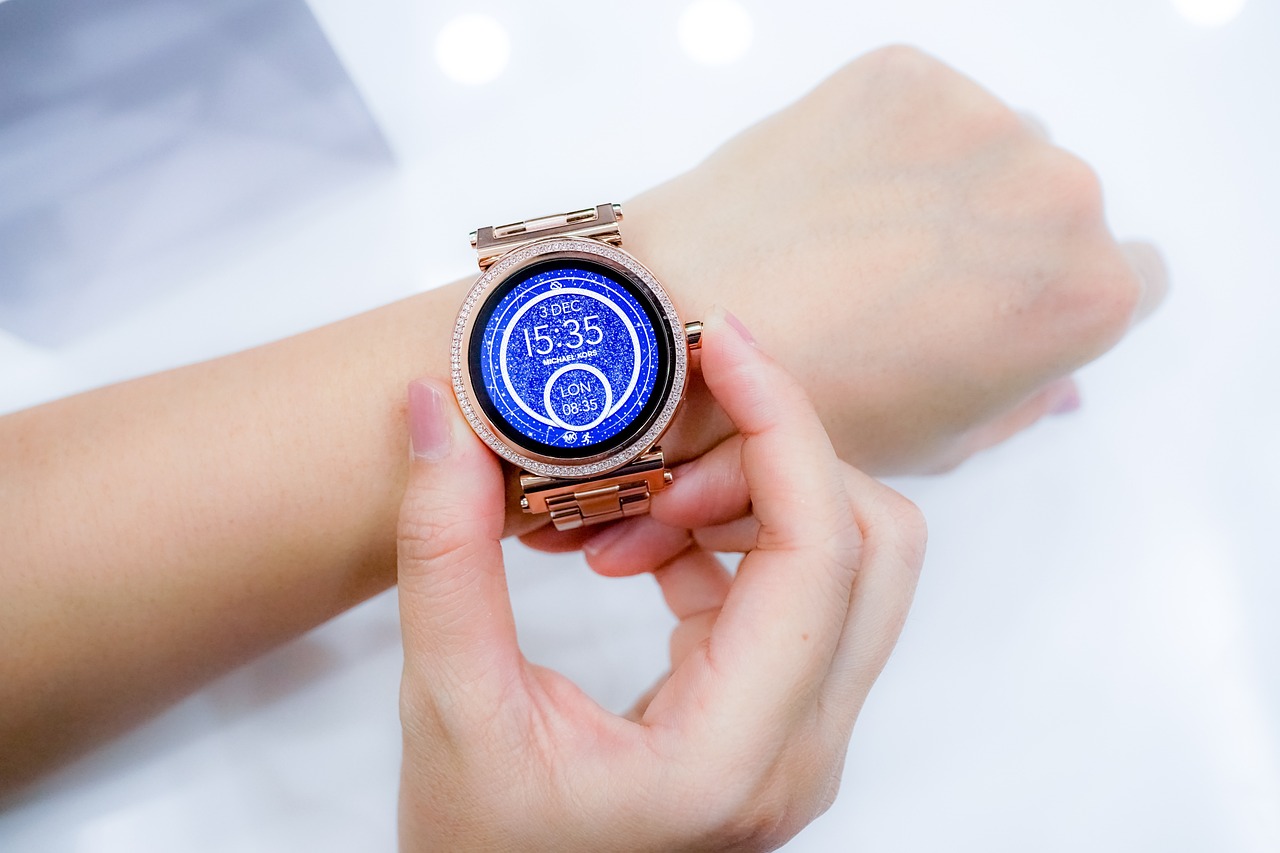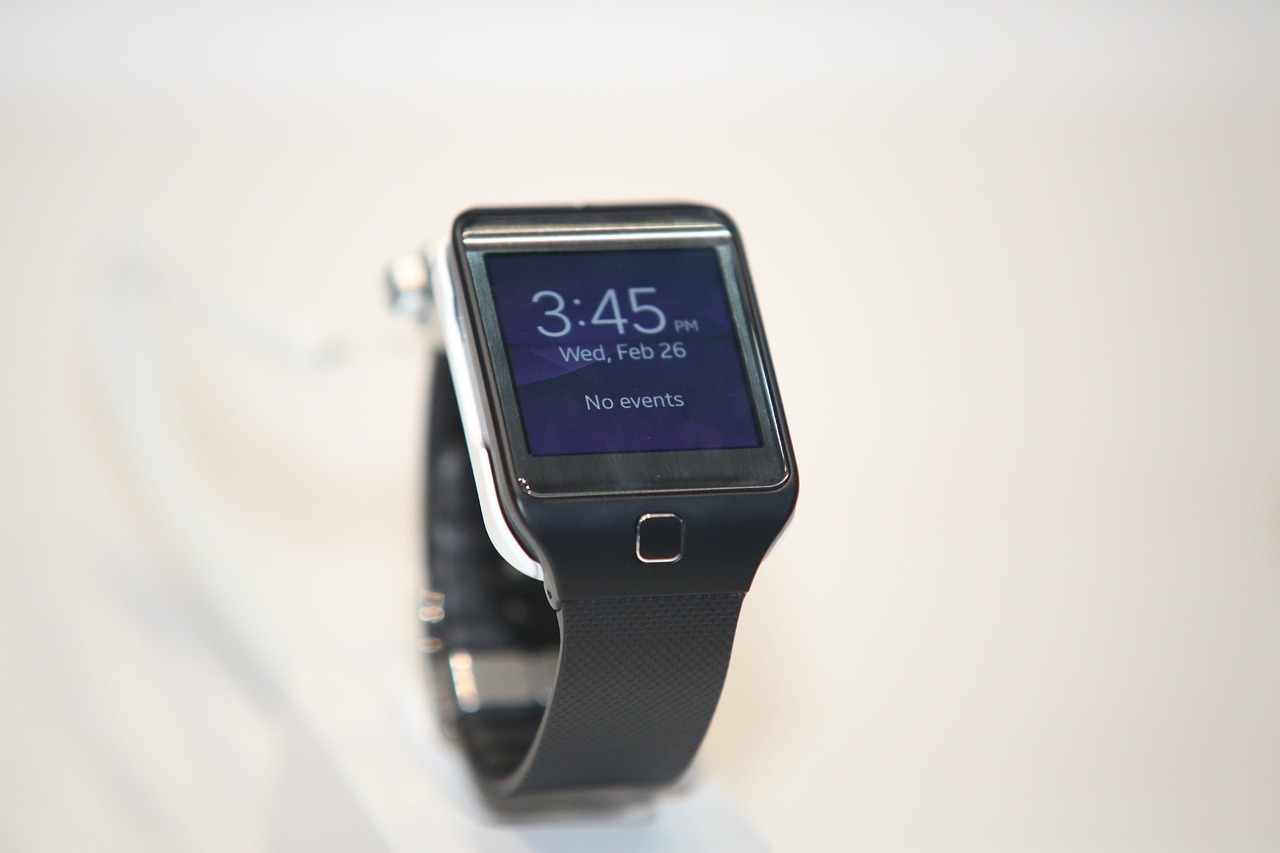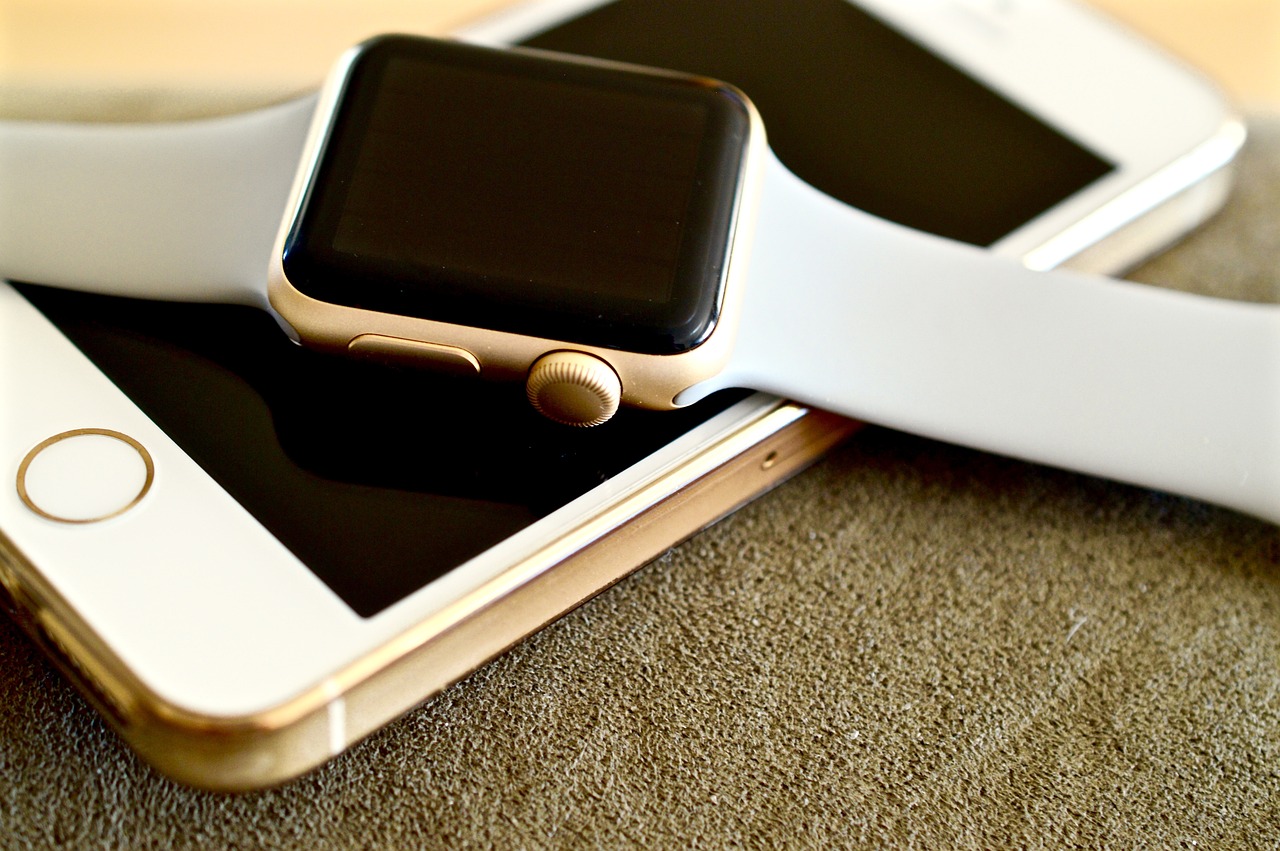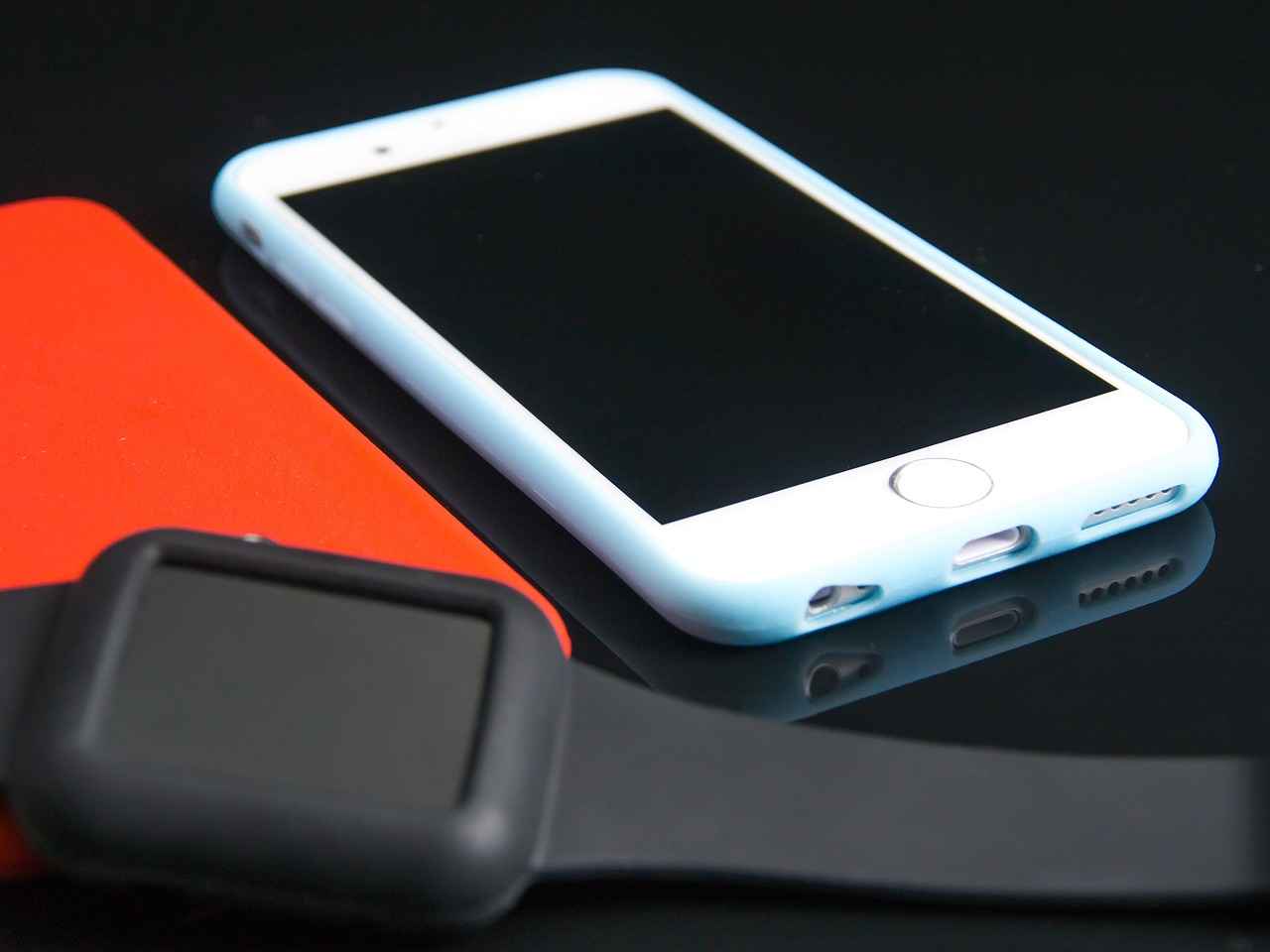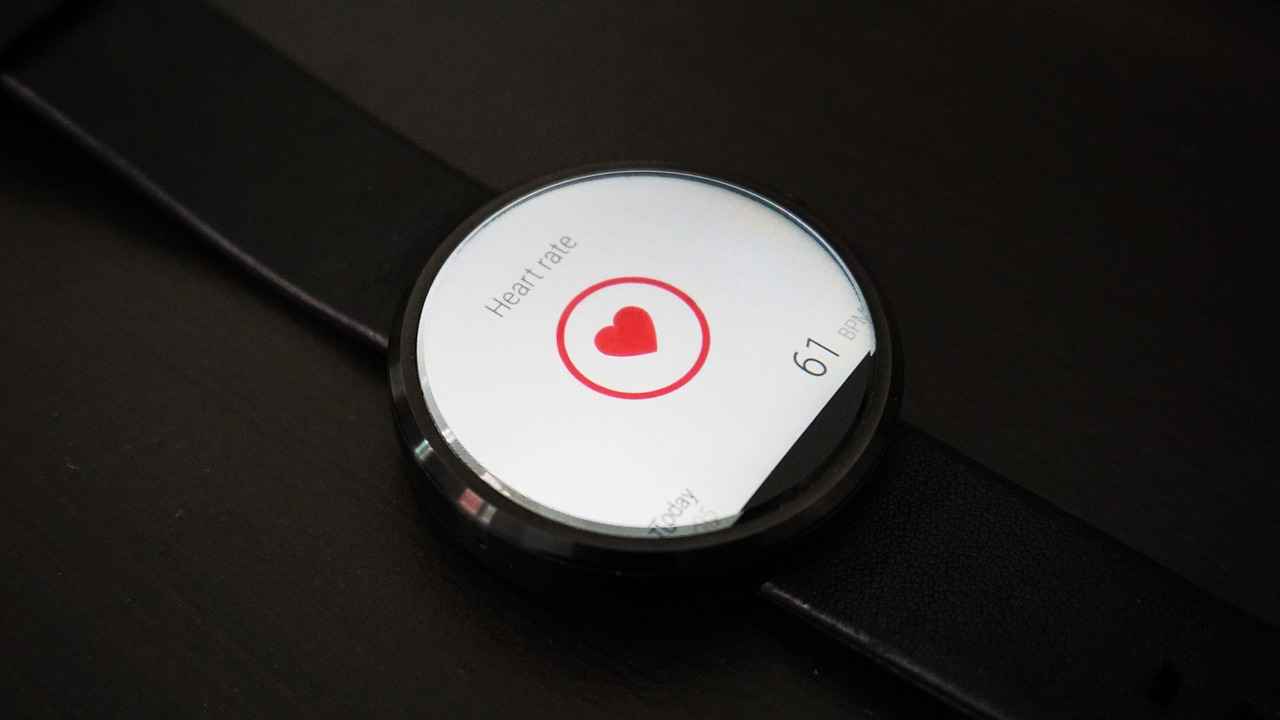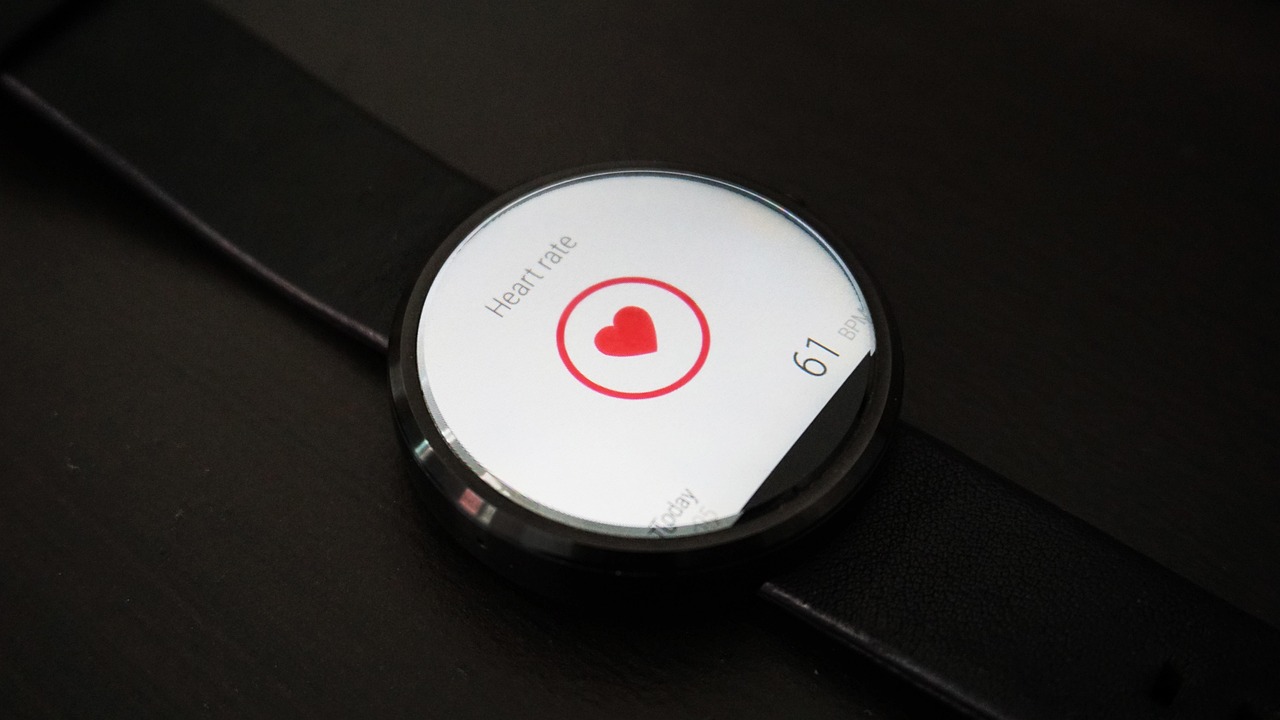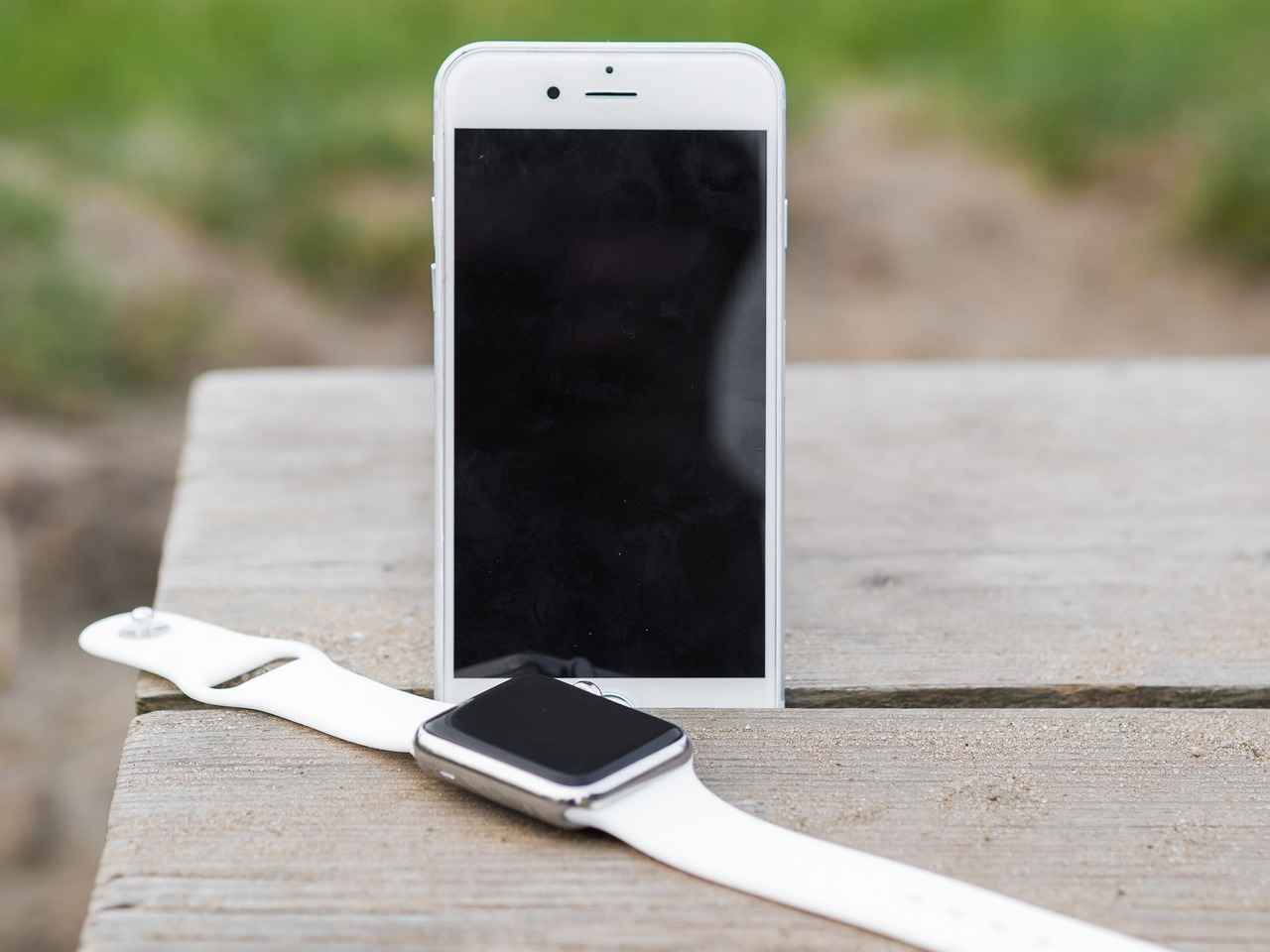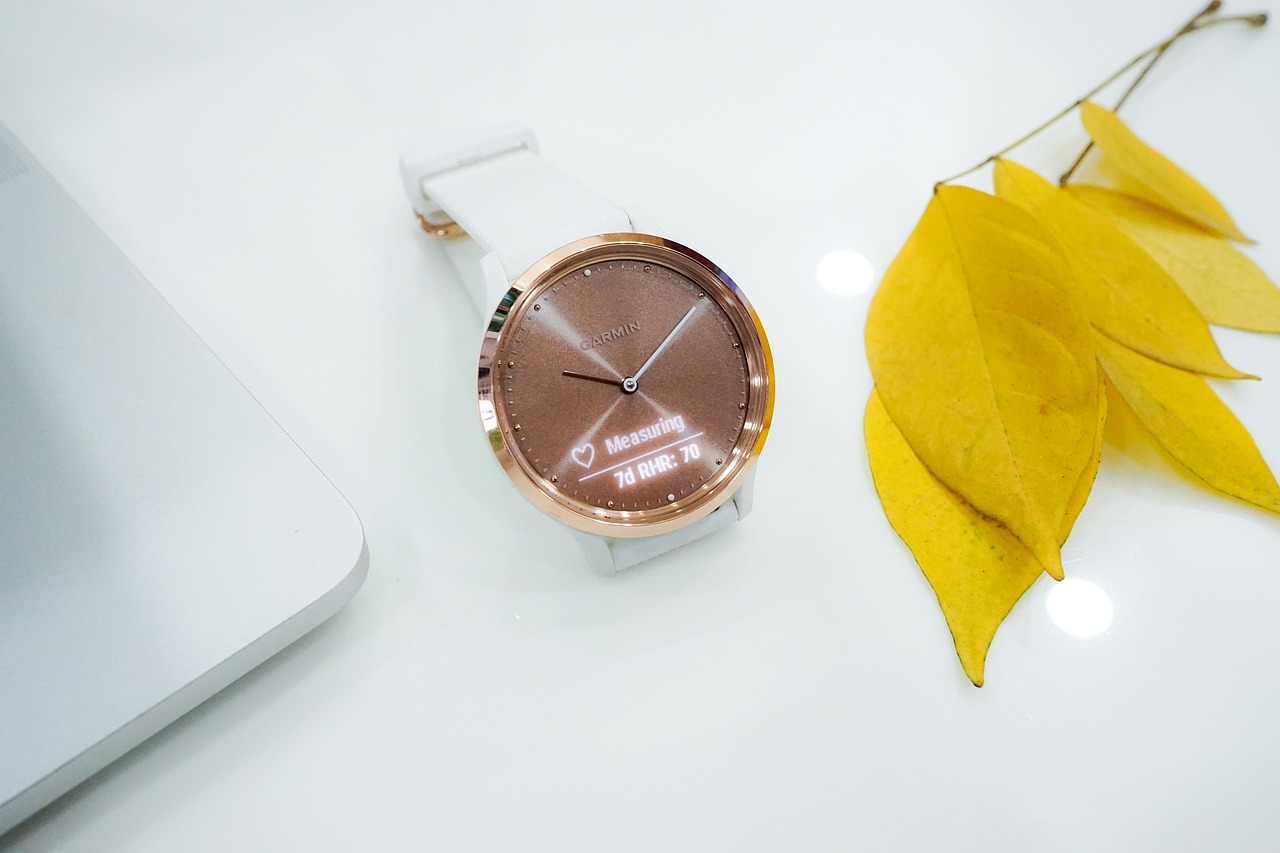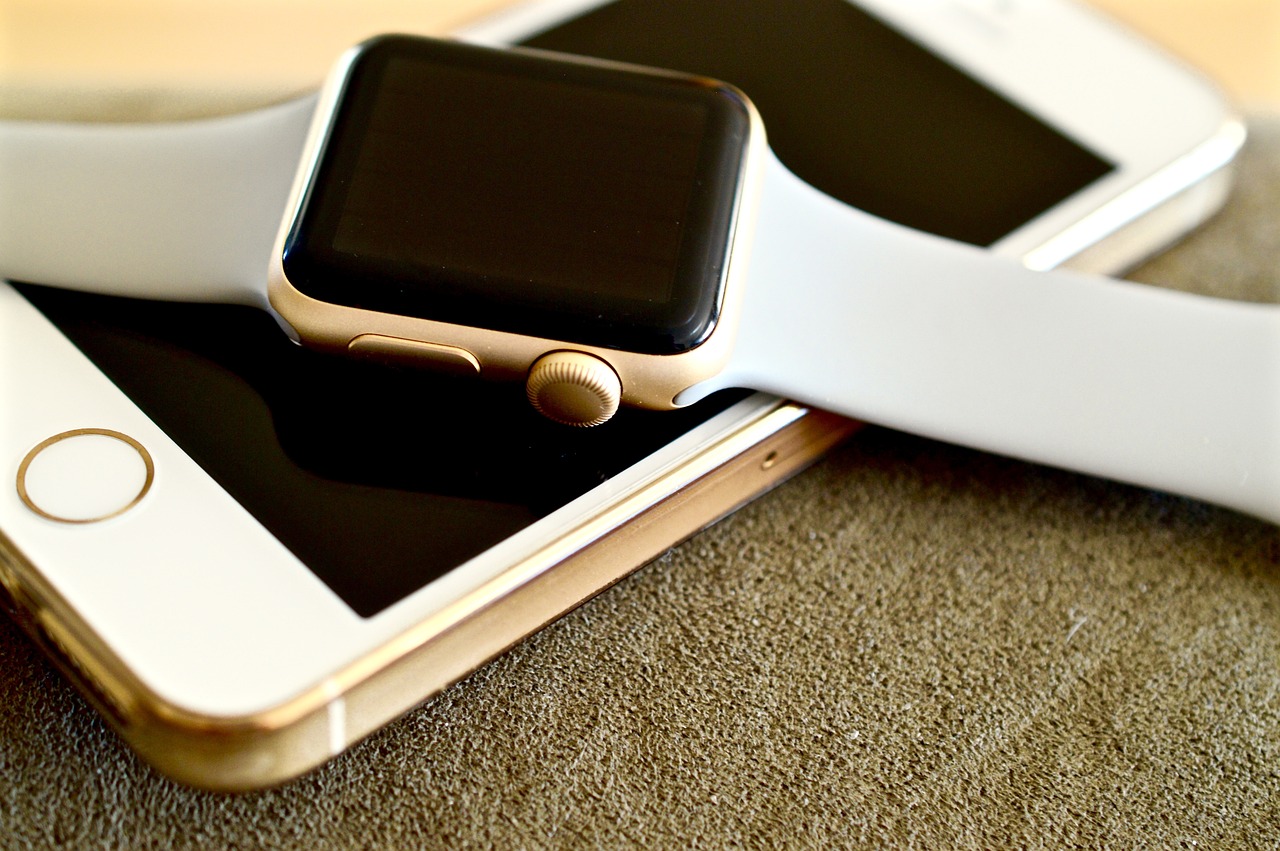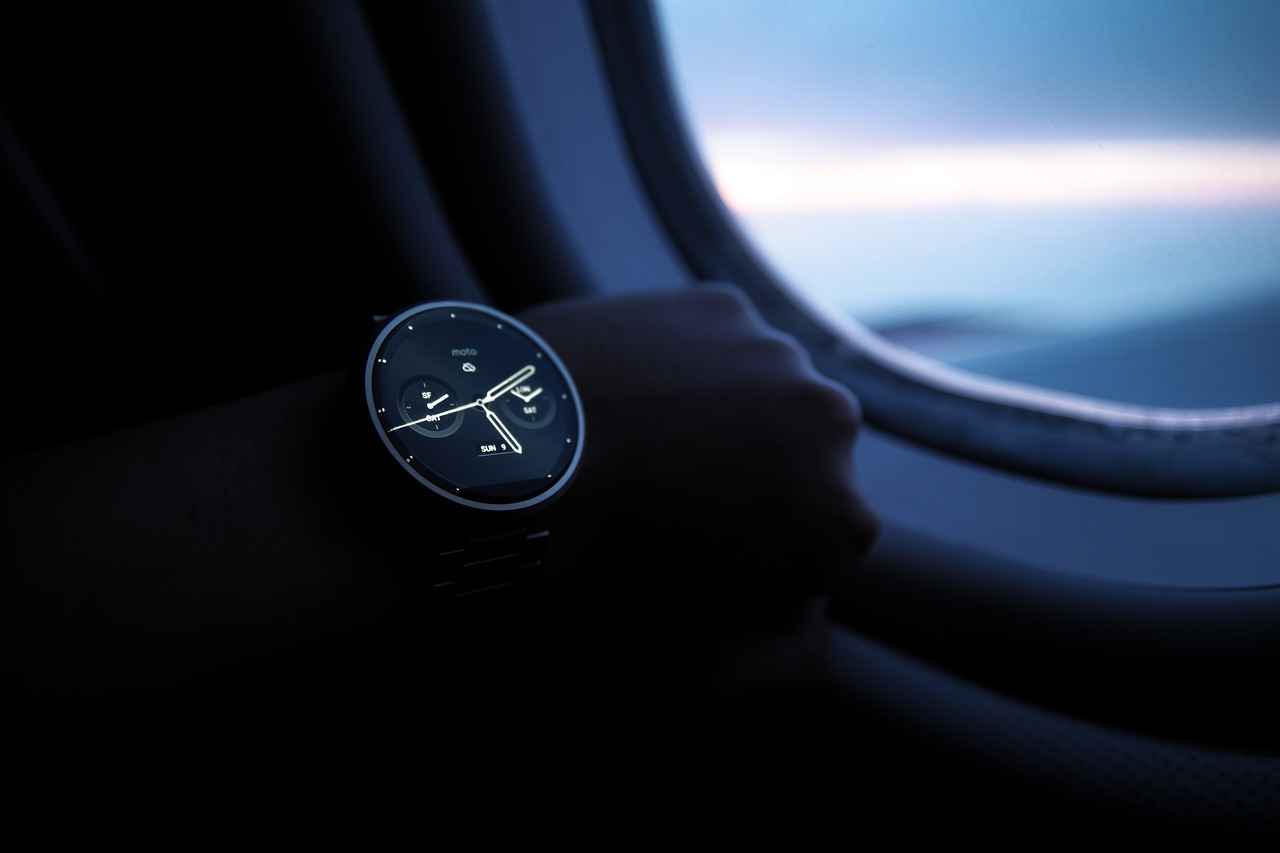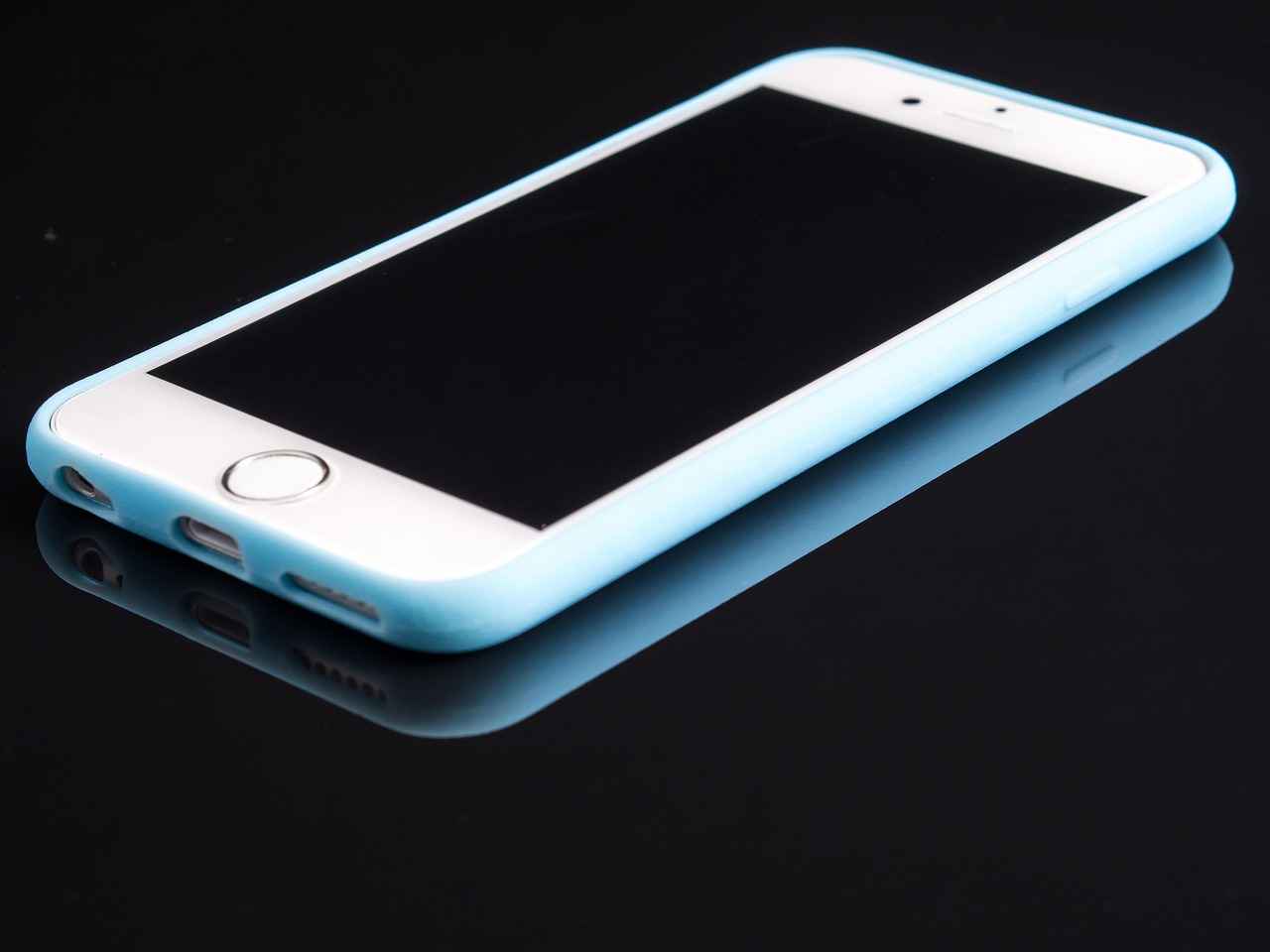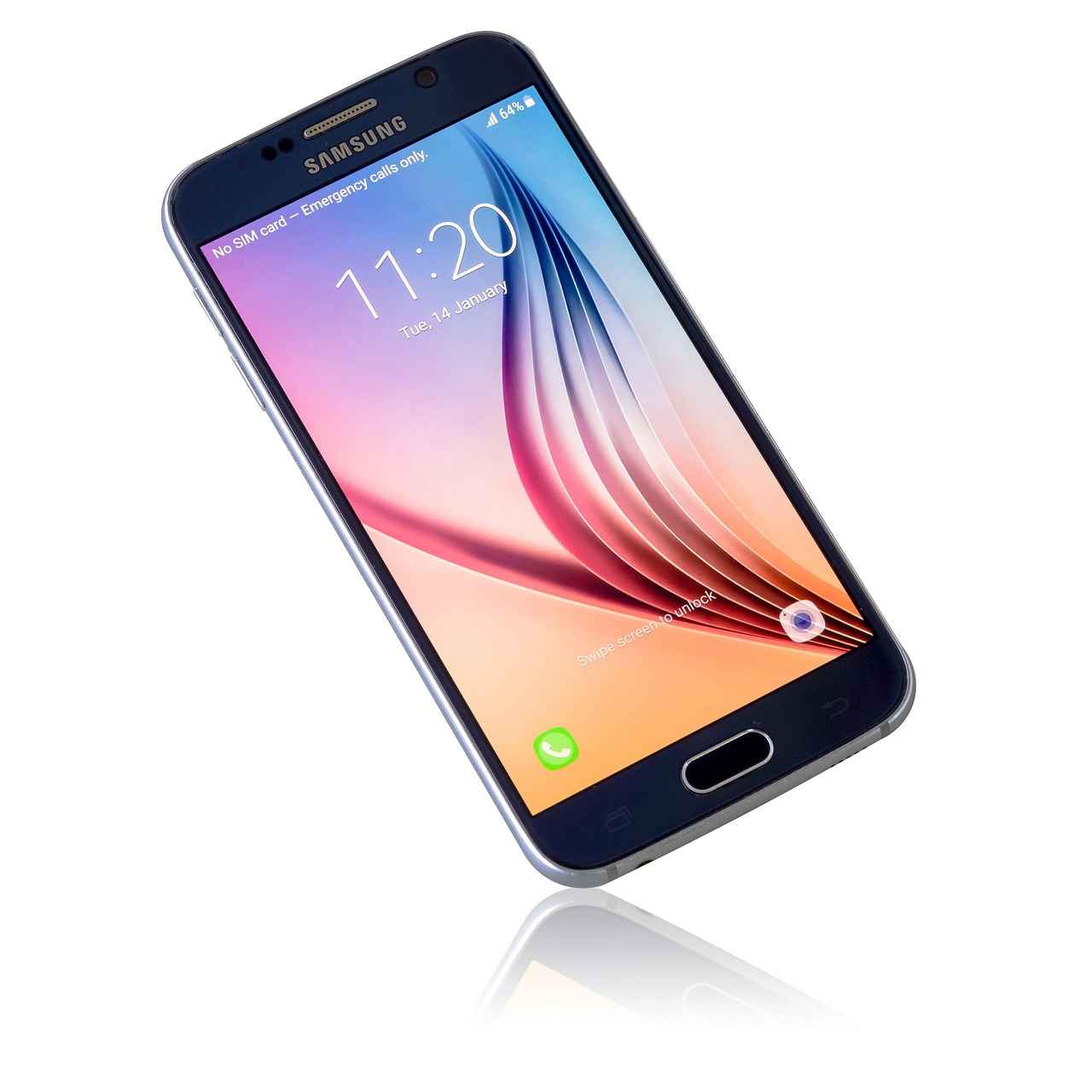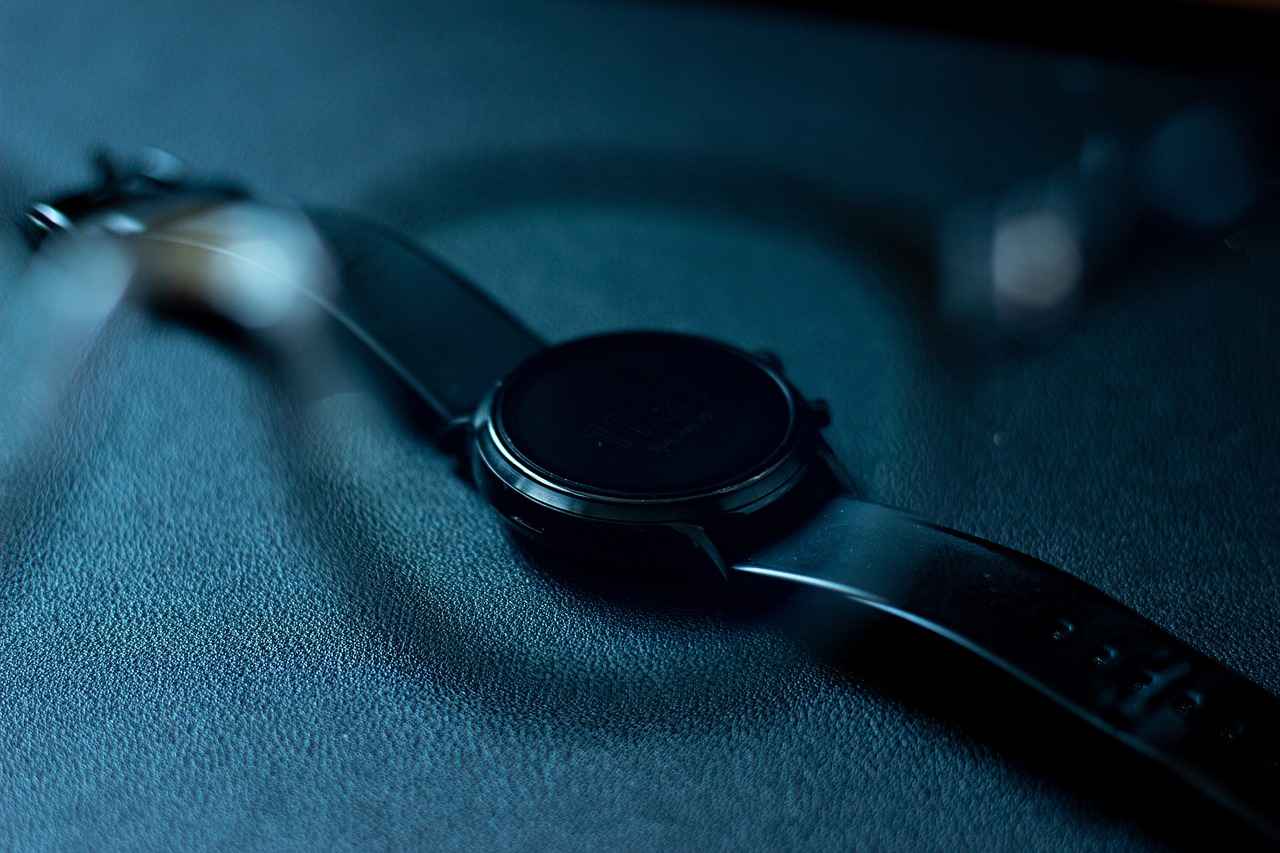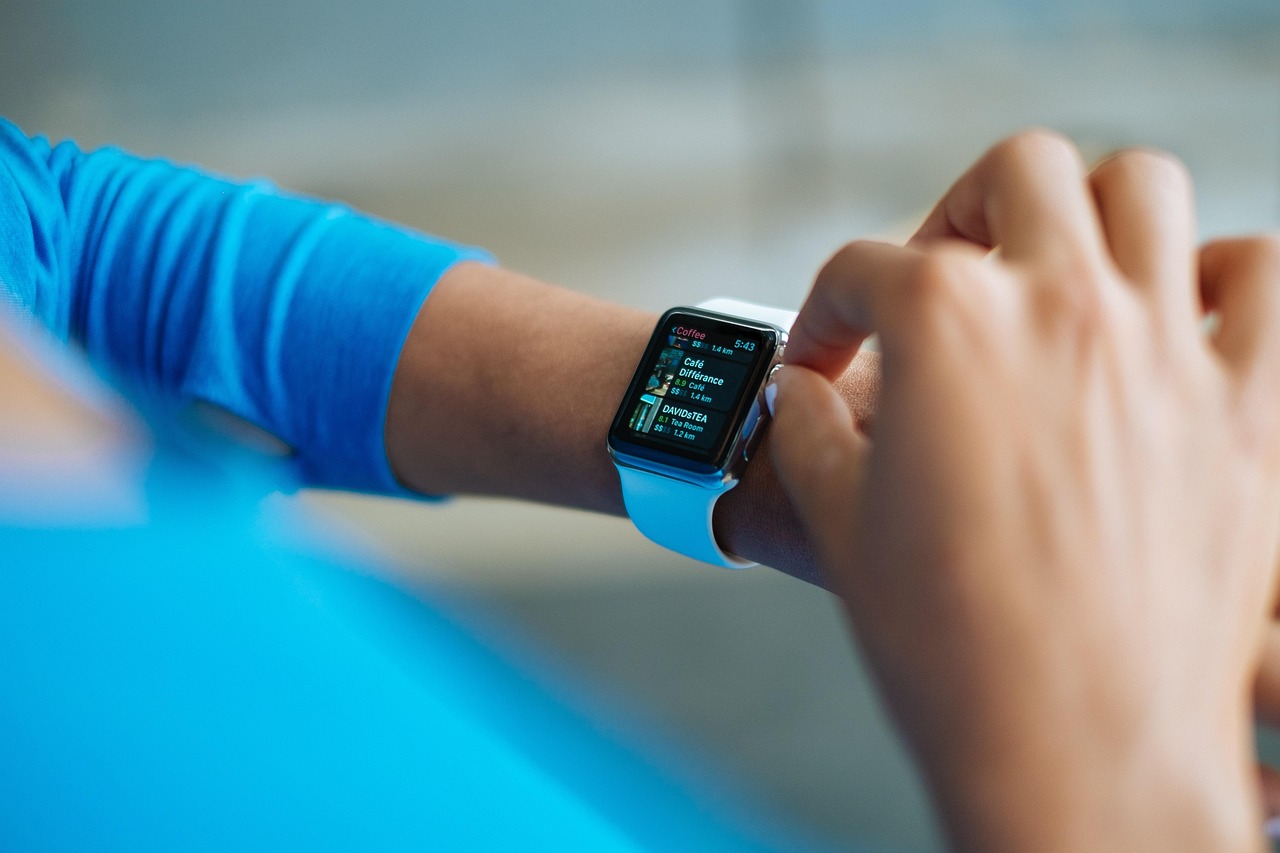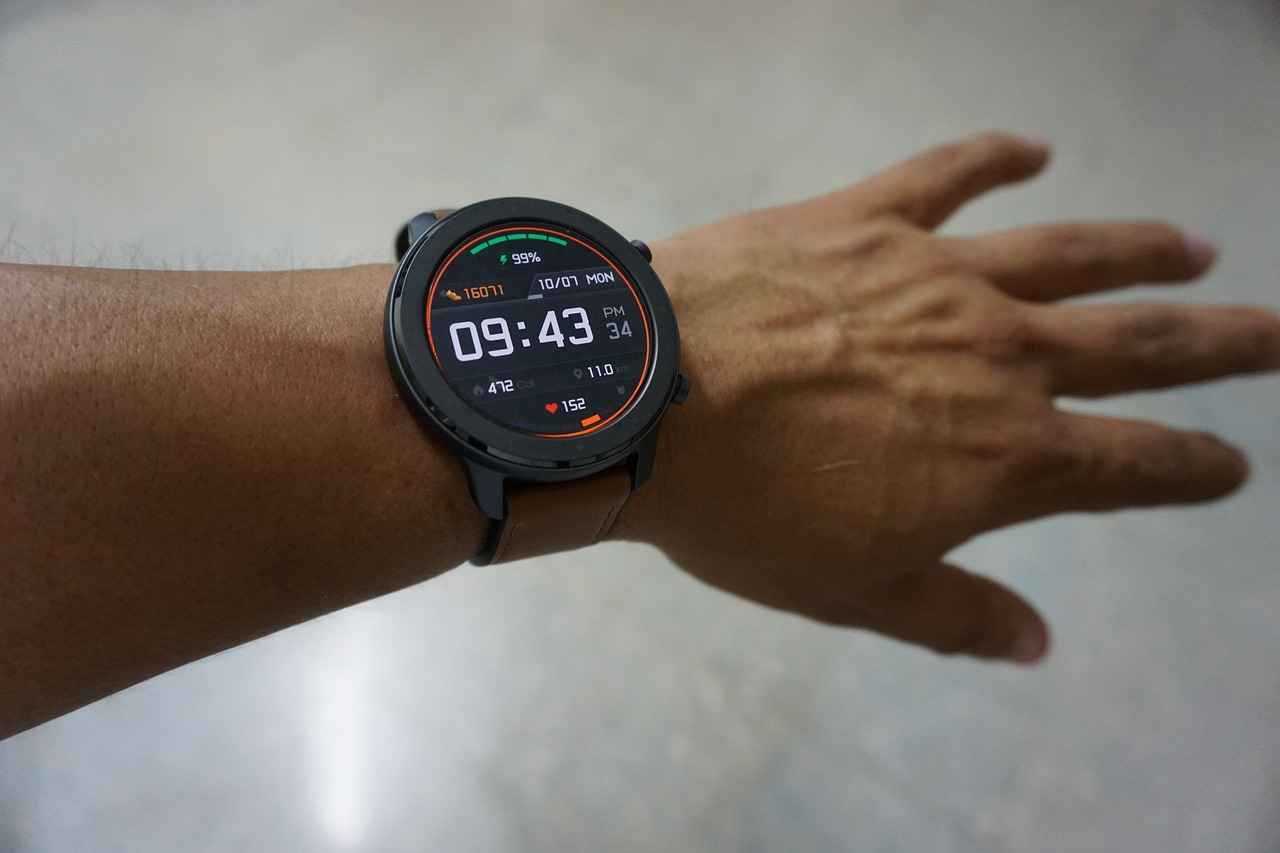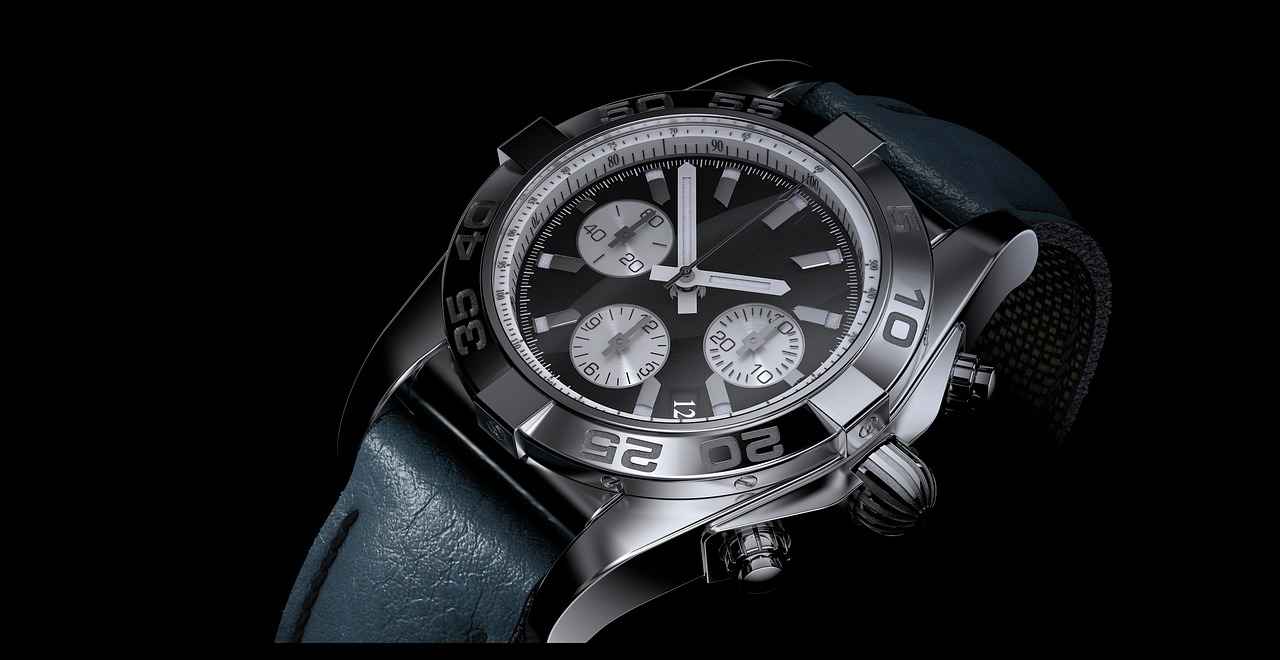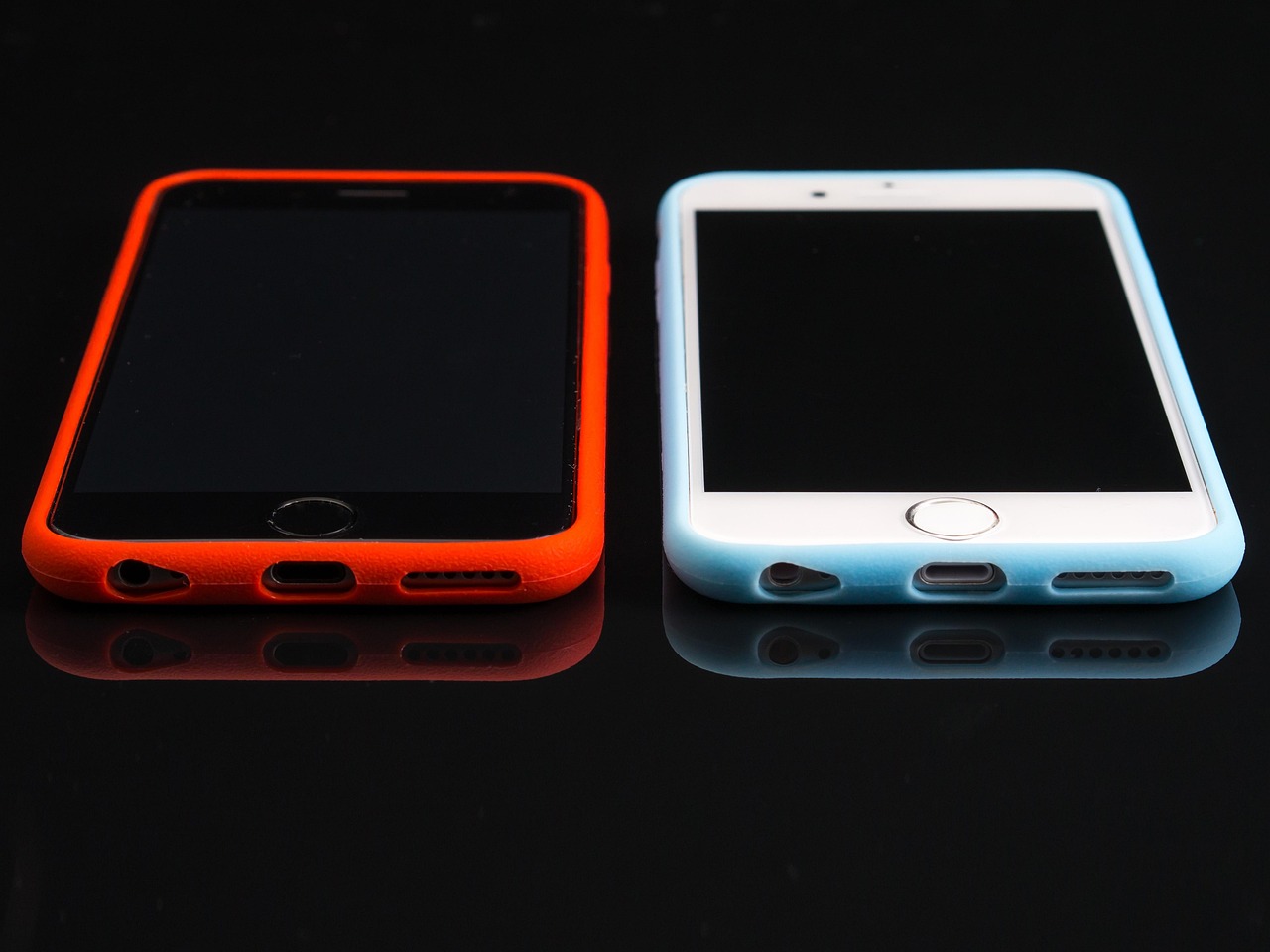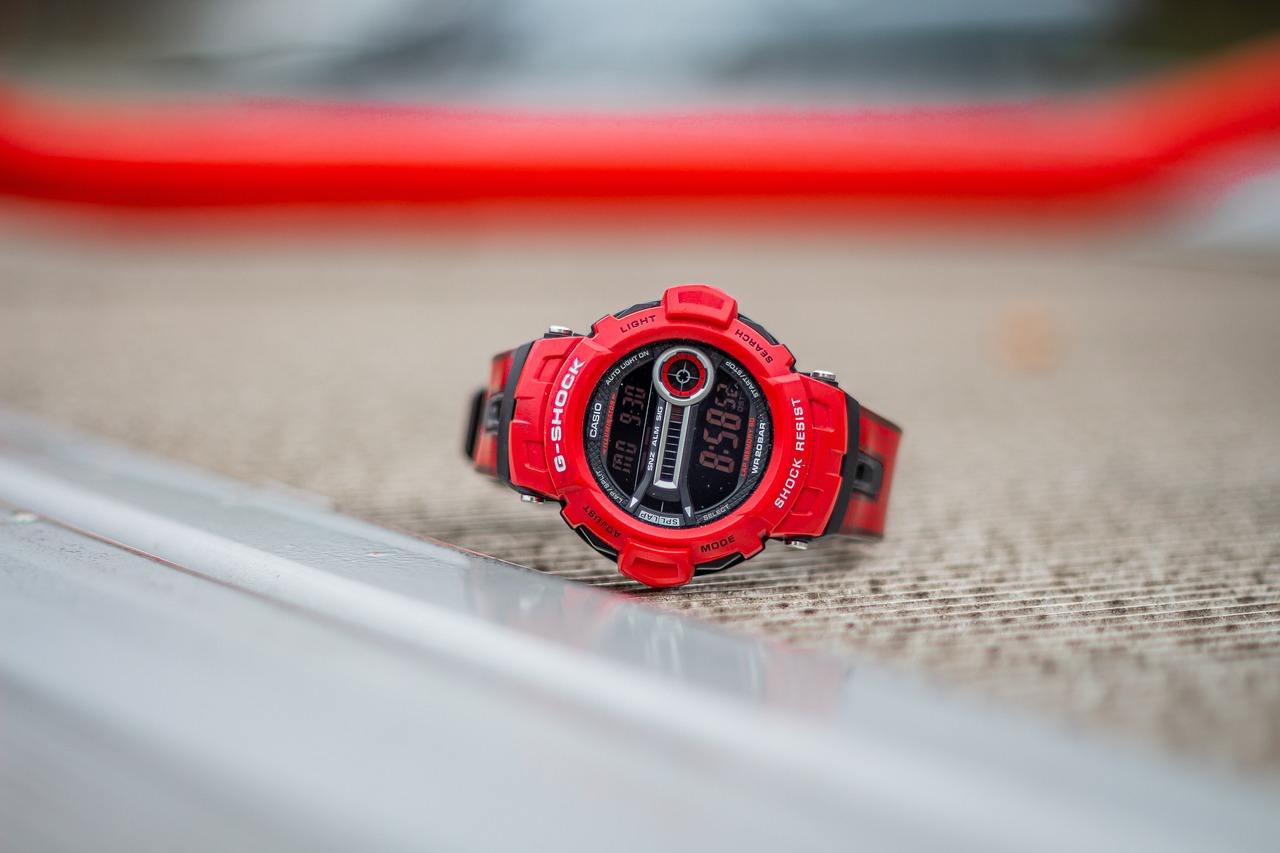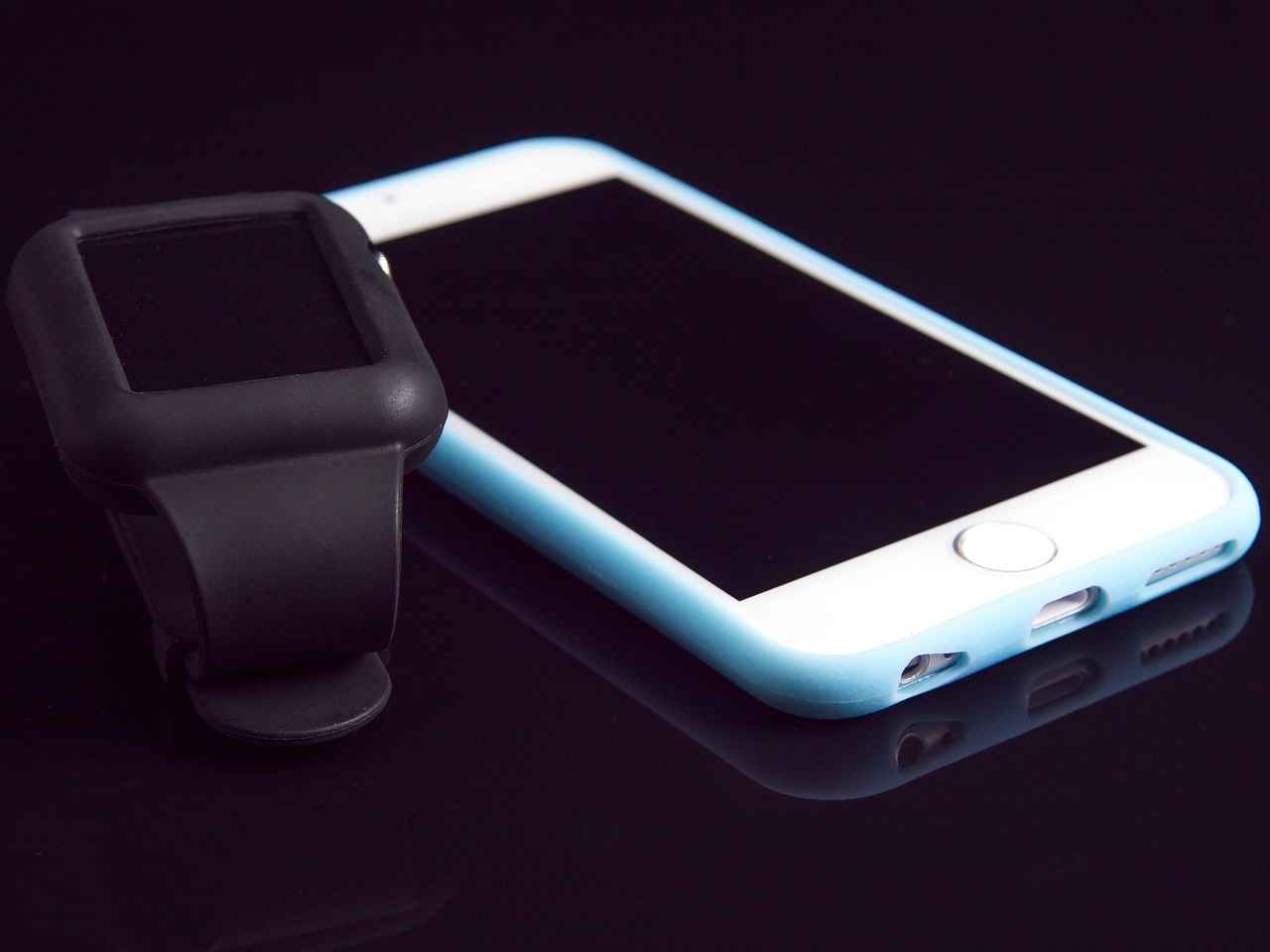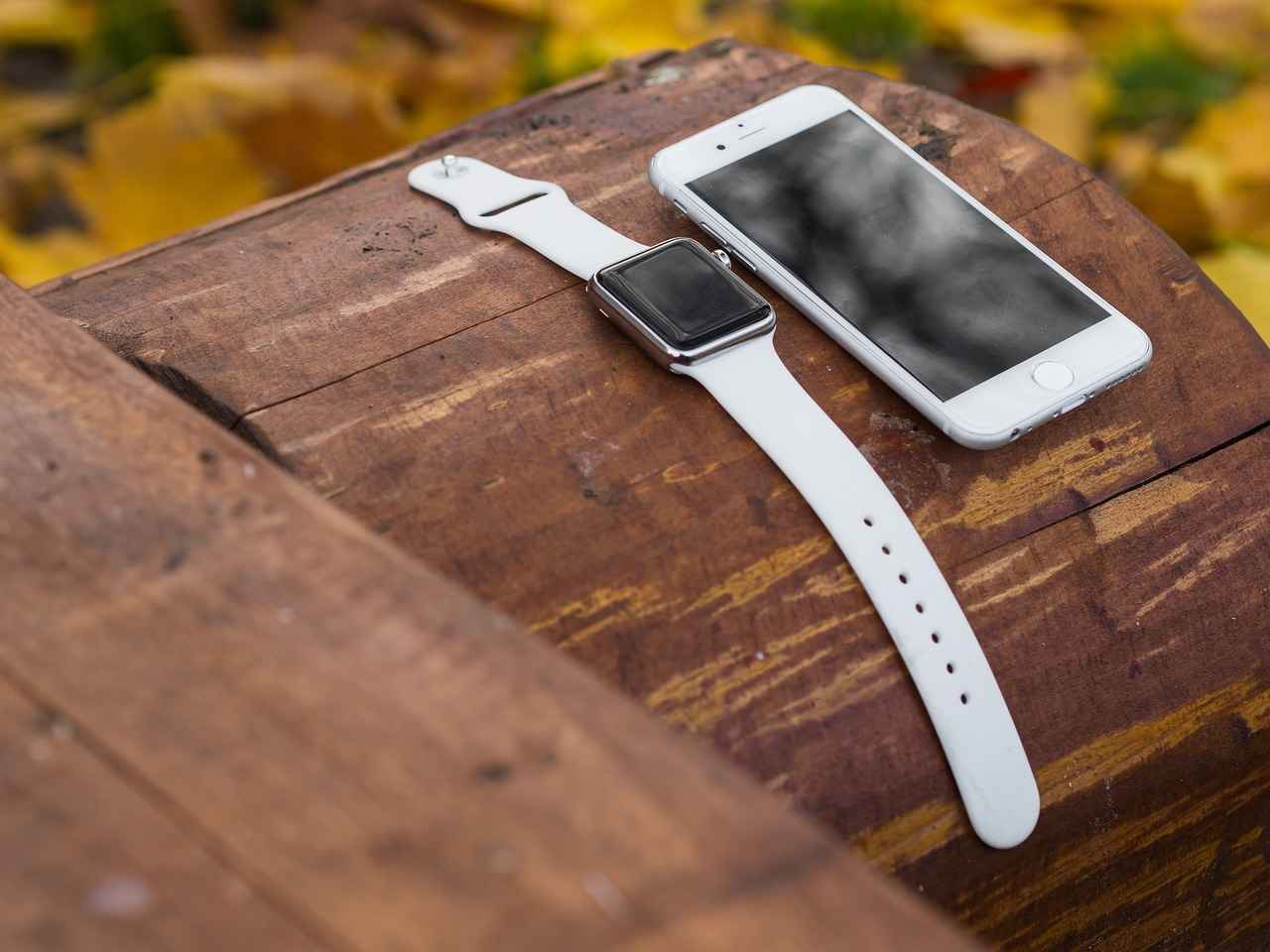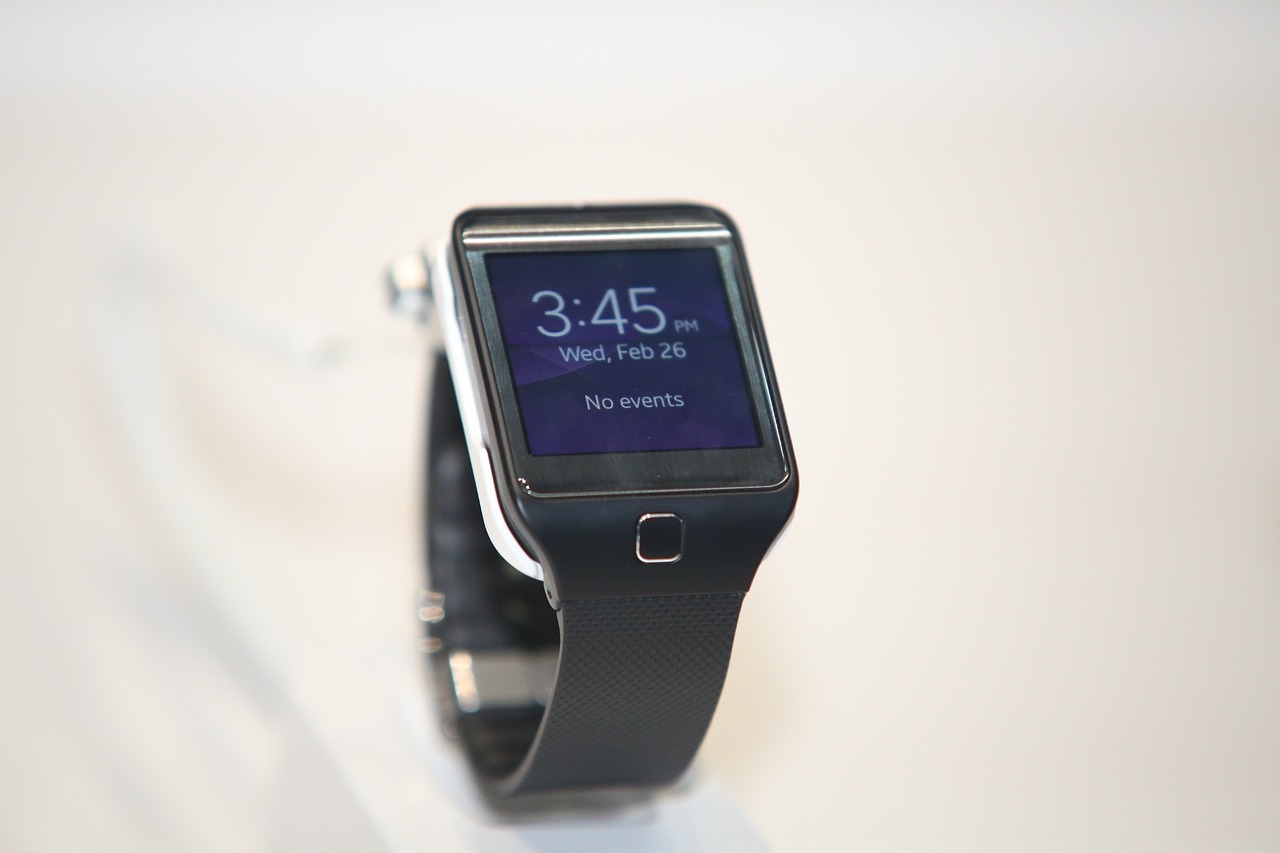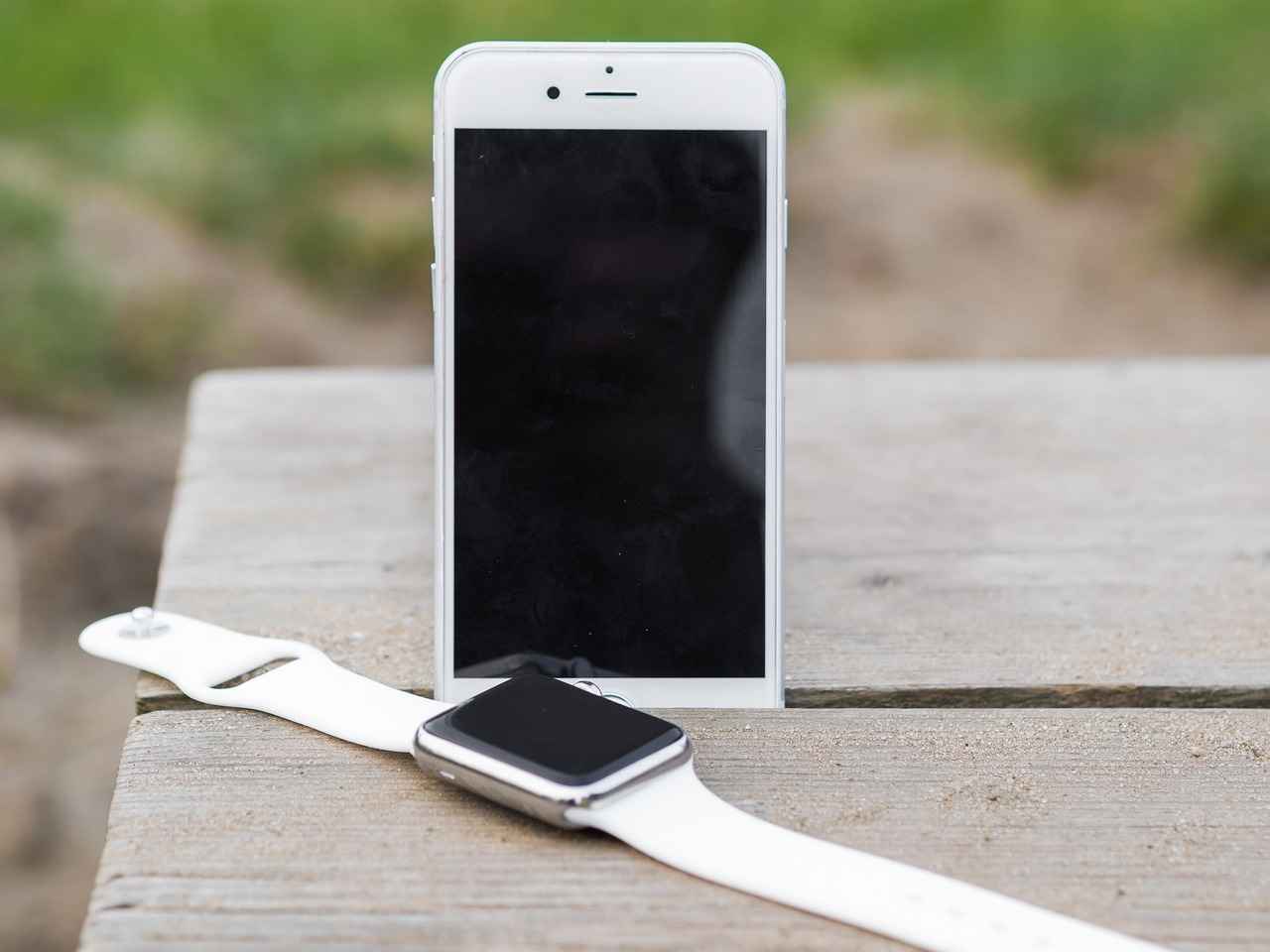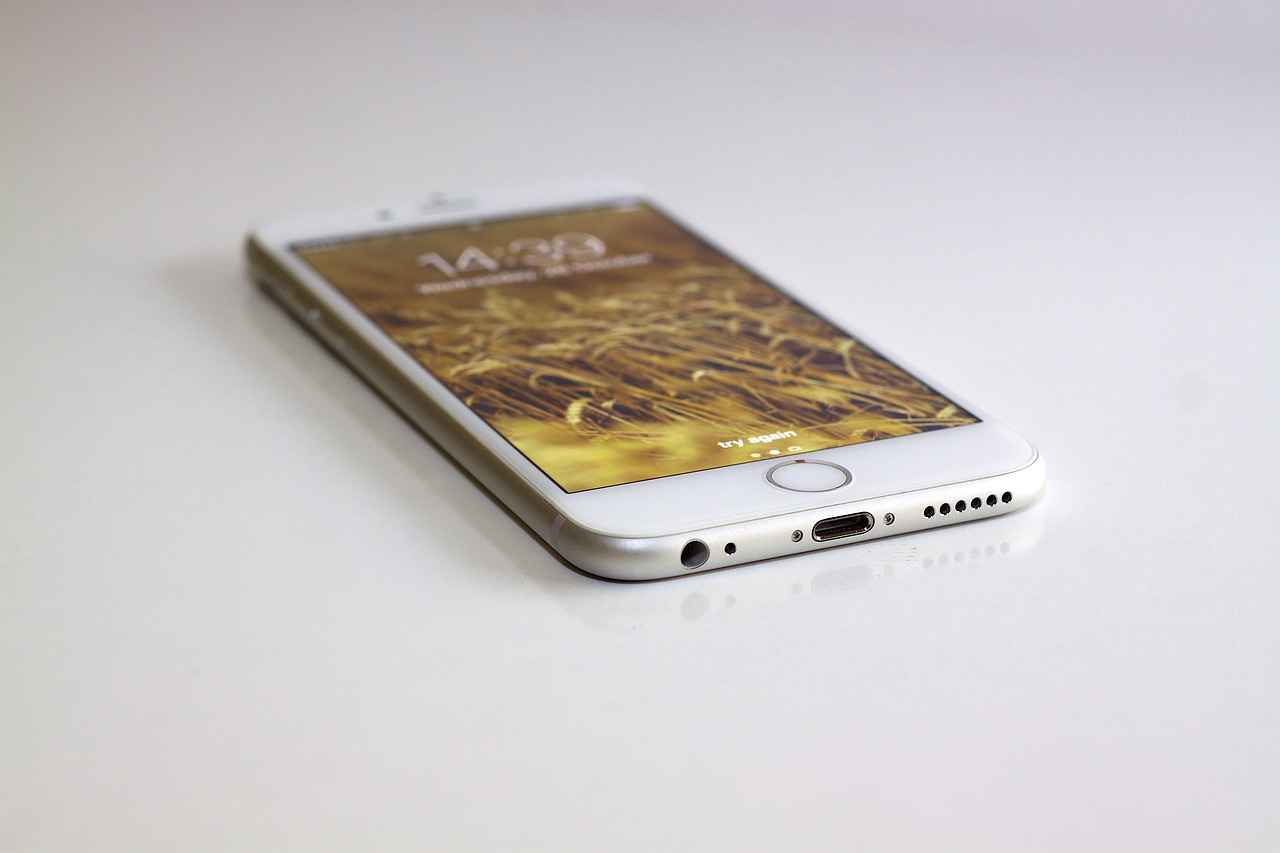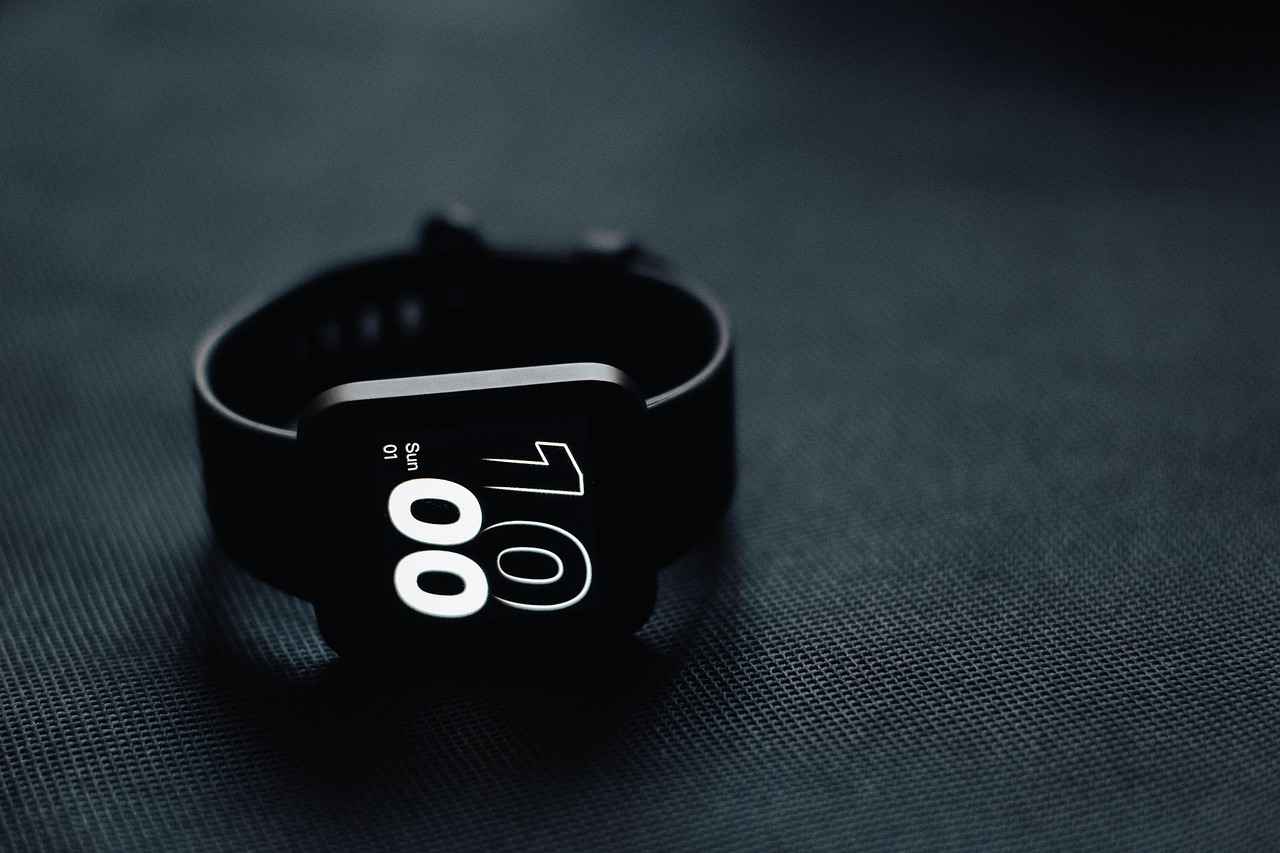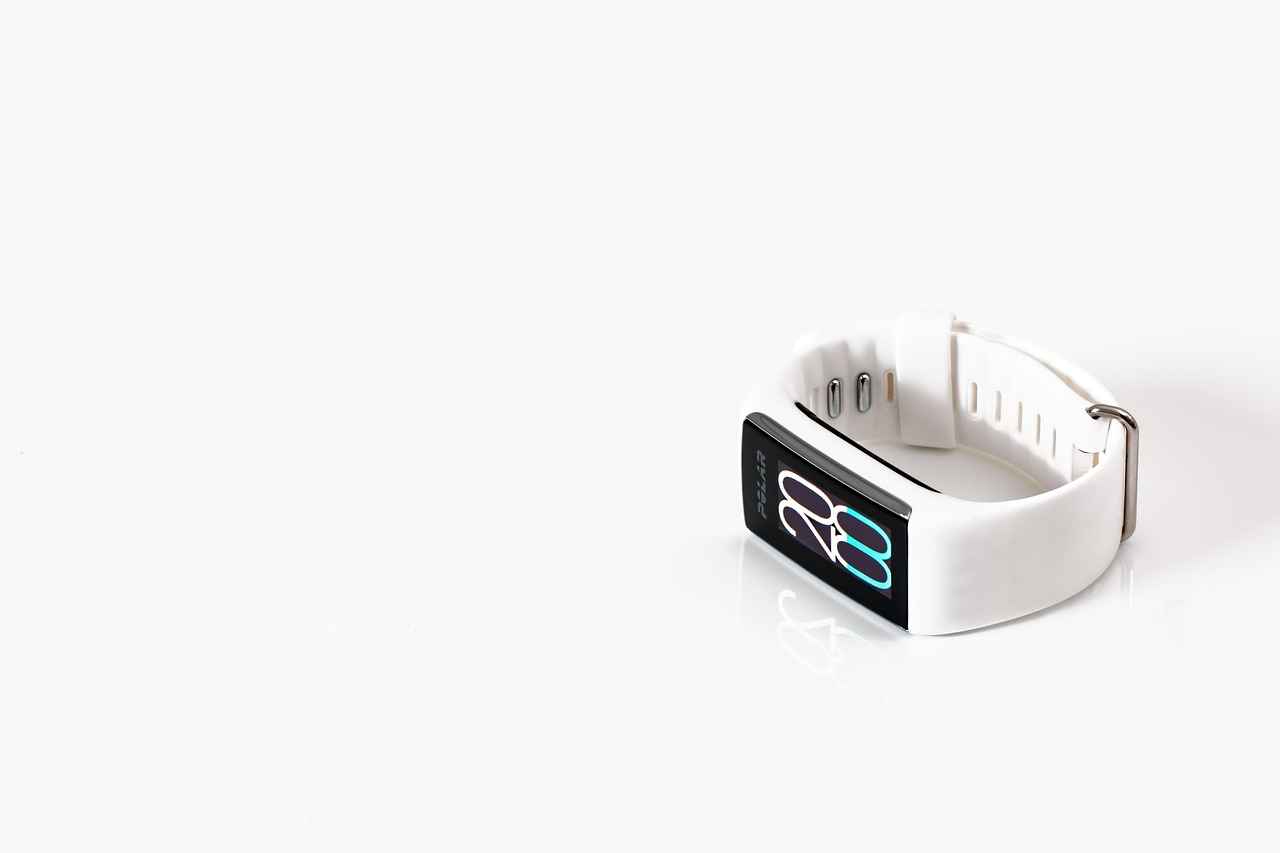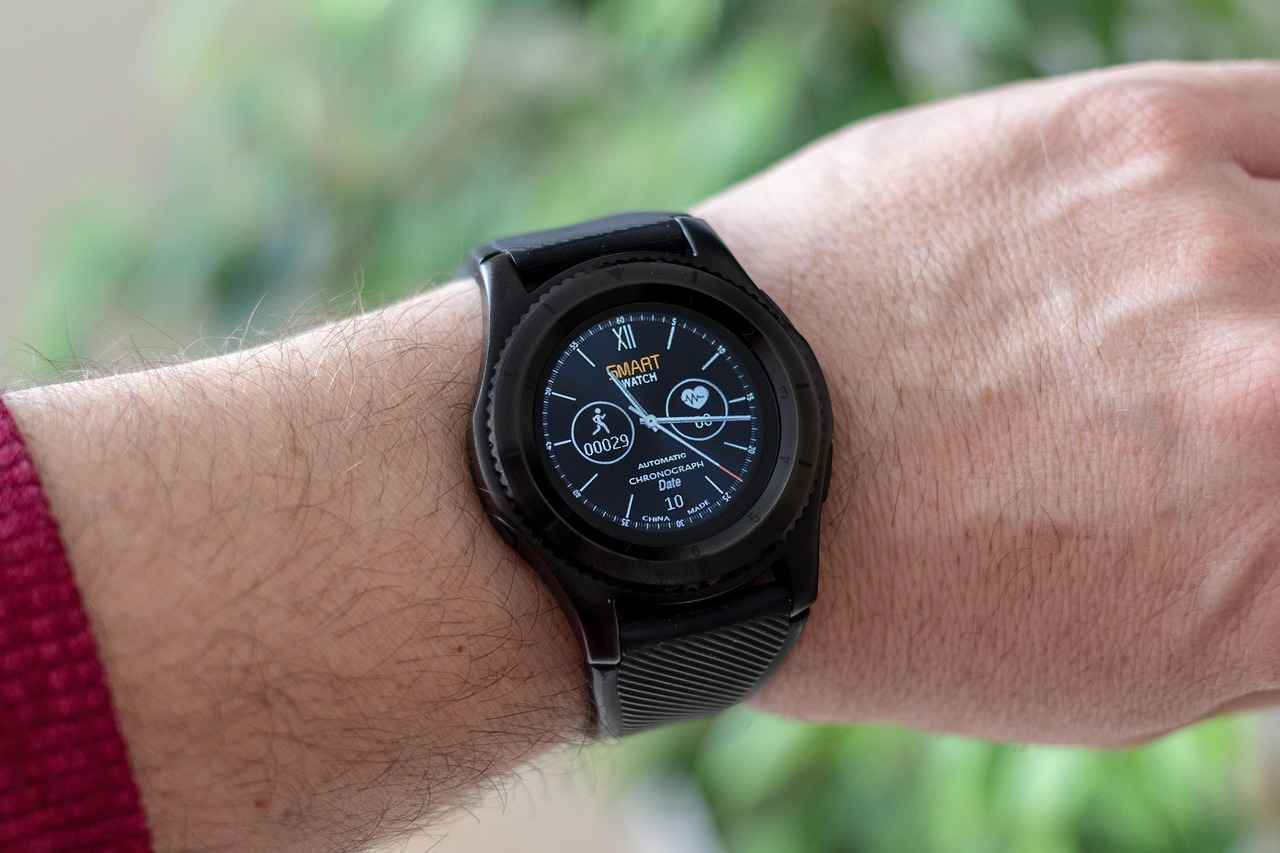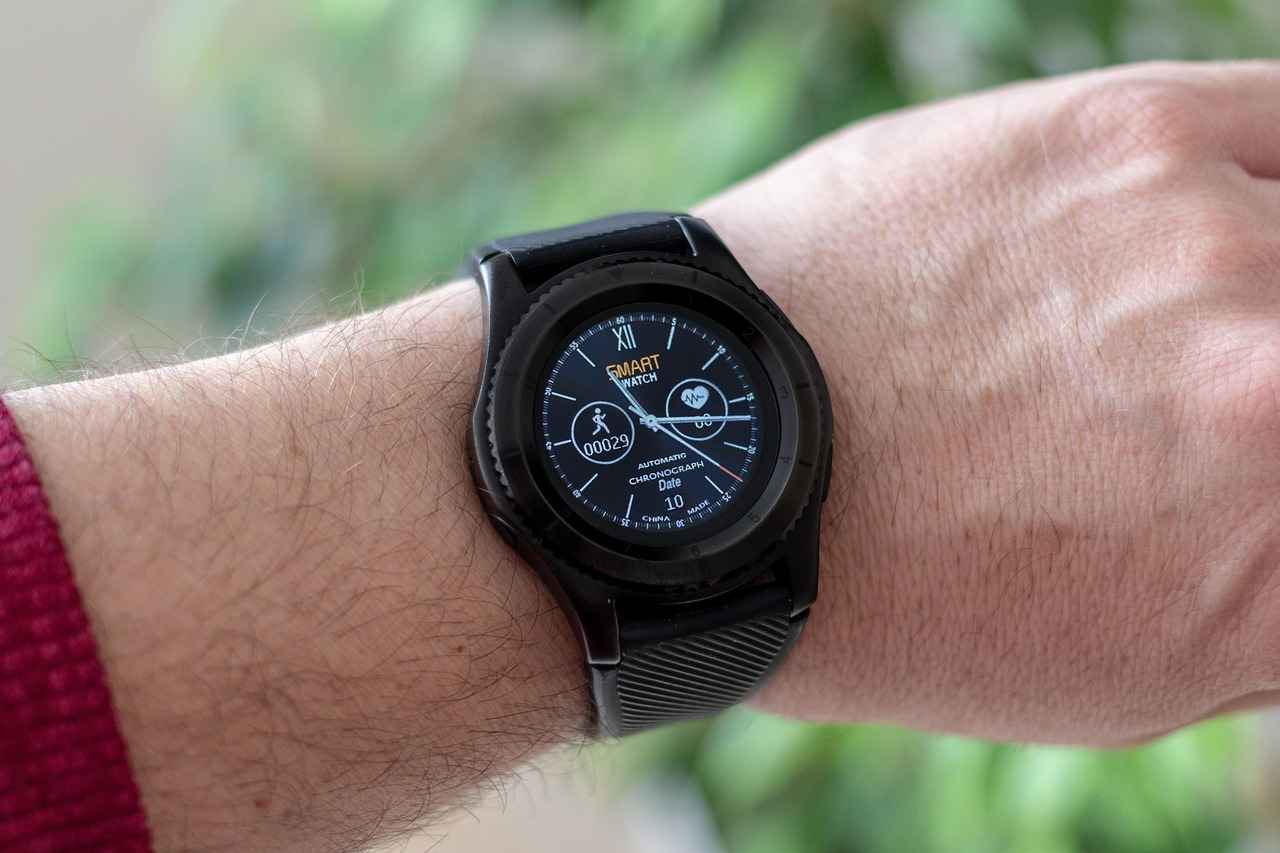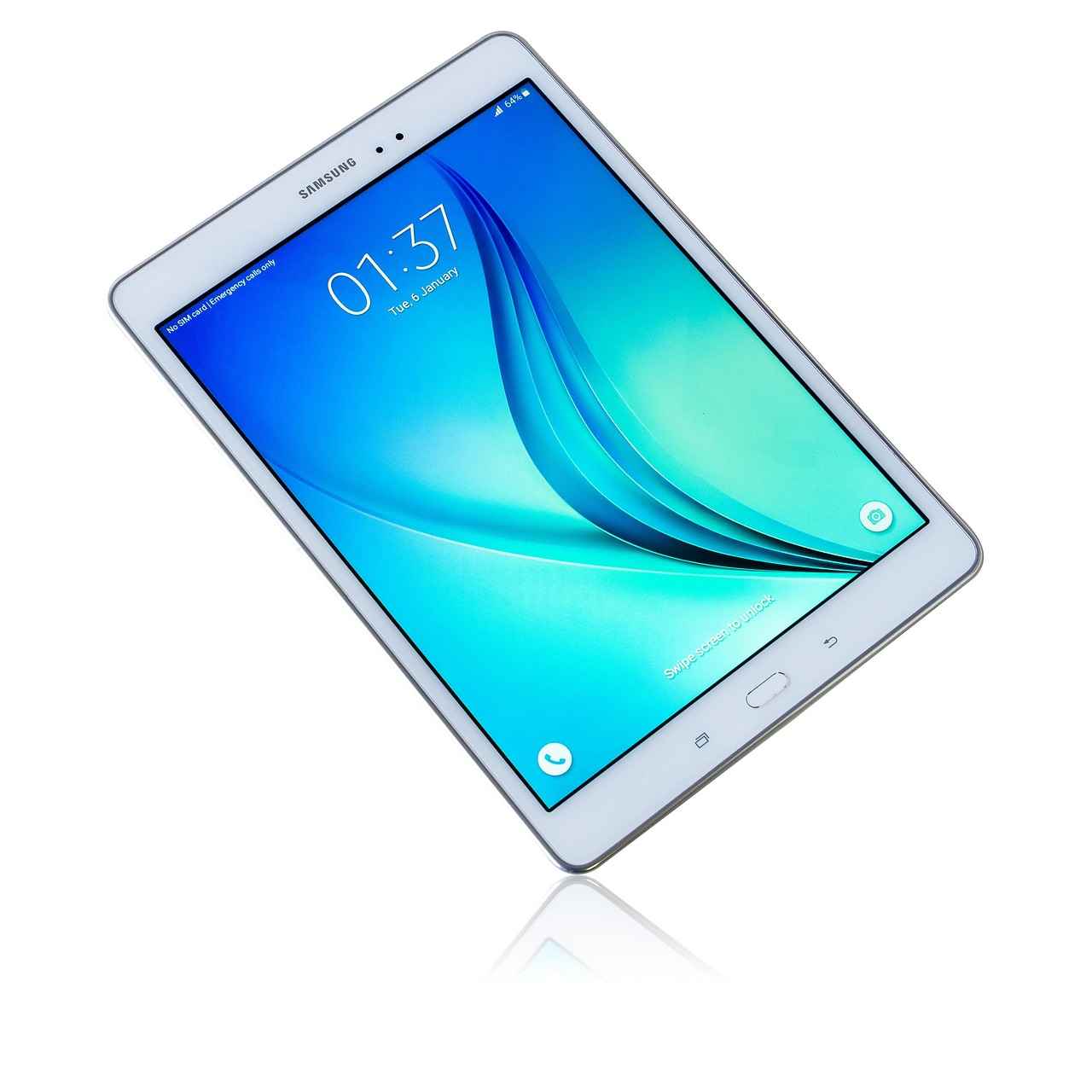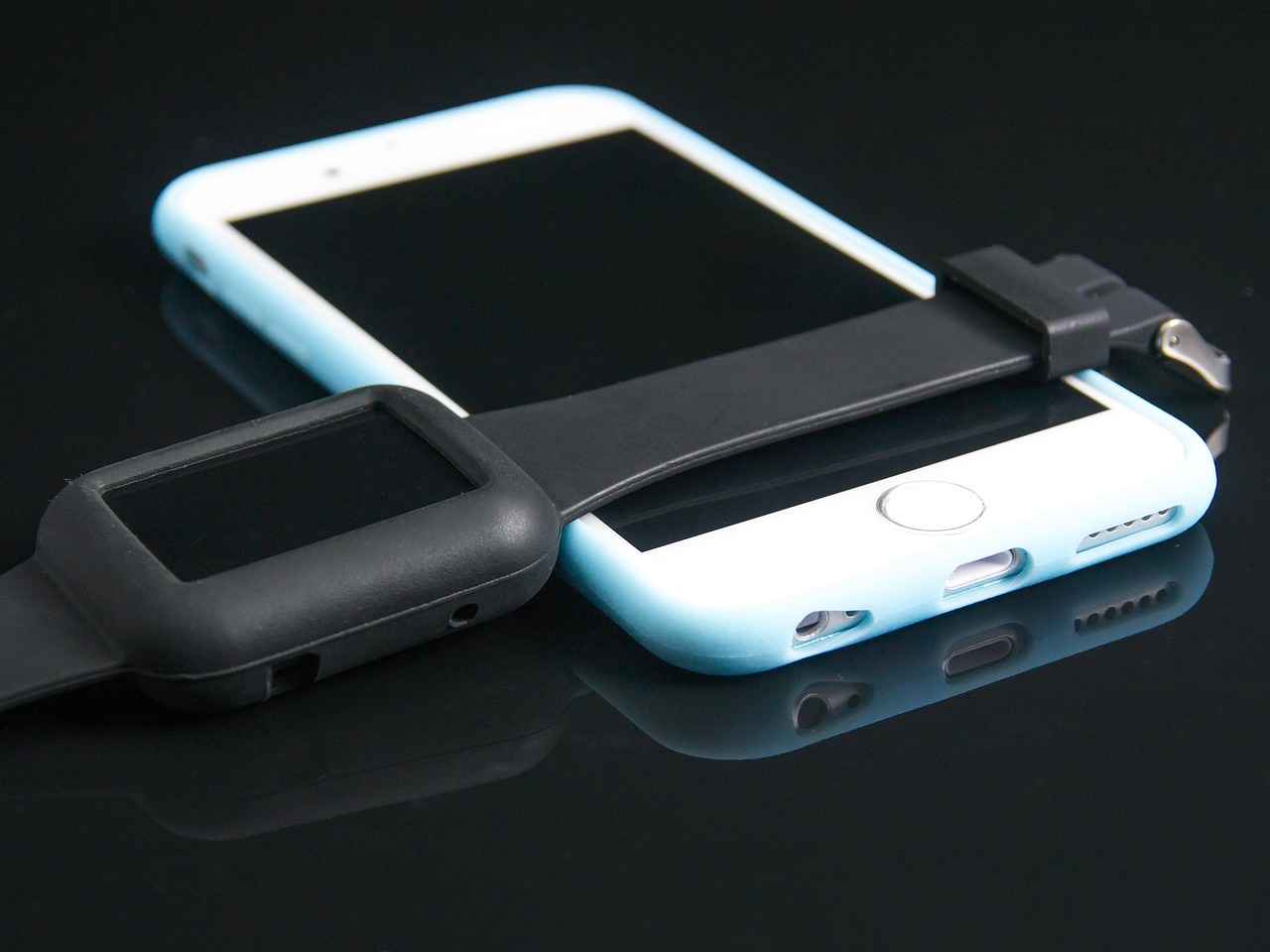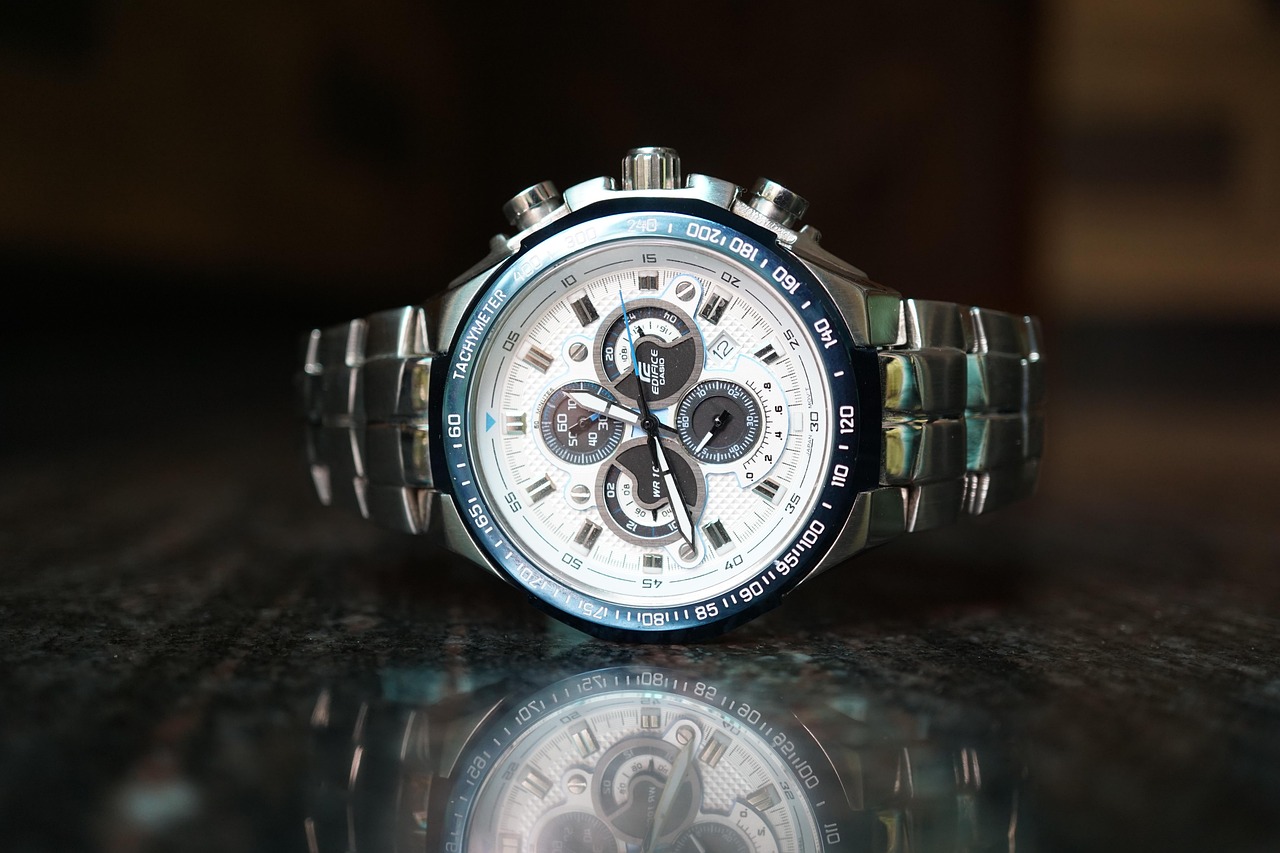In today’s fast-paced world, smartwatches have evolved beyond mere timekeeping devices. They now incorporate artificial intelligence (AI) to enhance functionality and improve user experience. This article delves into the most innovative smartwatches that leverage AI technology, highlighting their key features, comparisons, and insights to help you select the perfect device for your lifestyle.
What are AI Features in Smartwatches?
AI features in smartwatches encompass a range of functionalities designed to personalize user experiences. These include advanced health tracking, voice command capabilities, and predictive analytics that aid in decision-making. By harnessing AI, these devices can adapt to individual preferences, making them indispensable companions for health and wellness.
Top Smartwatches with AI Capabilities
- Apple Watch Series 8: This model excels with features like temperature sensing and crash detection, utilizing AI to deliver actionable health insights.
- Samsung Galaxy Watch 5: Known for its AI-driven health metrics and sleep tracking, it provides users with comprehensive insights into their well-being.
- Fitbit Sense 2: This smartwatch employs AI to assess stress levels and identify heart rhythm irregularities, offering personalized health recommendations.
How AI Enhances Health Monitoring
- Real-Time Health Data Analysis: AI-enabled smartwatches analyze health data instantly, providing immediate feedback on physical activity and overall wellness.
- Predictive Health Insights: By utilizing predictive analytics, these devices can forecast potential health issues, empowering users to take proactive measures.
Voice Assistants and AI in Smartwatches
- Hands-Free Control: Integrated voice assistants like Siri and Google Assistant allow for effortless control of the device without the need to touch the screen.
- Smart Reminders and Notifications: AI-driven reminders help users stay organized by learning their habits, ensuring they never miss important tasks.
Battery Life and AI Optimization
- Adaptive Battery Management: AI technology helps optimize battery usage based on user habits, extending the device’s longevity between charges.
- Charging Innovations: Recent advancements in charging technology, combined with AI, facilitate faster charging and smarter power management.
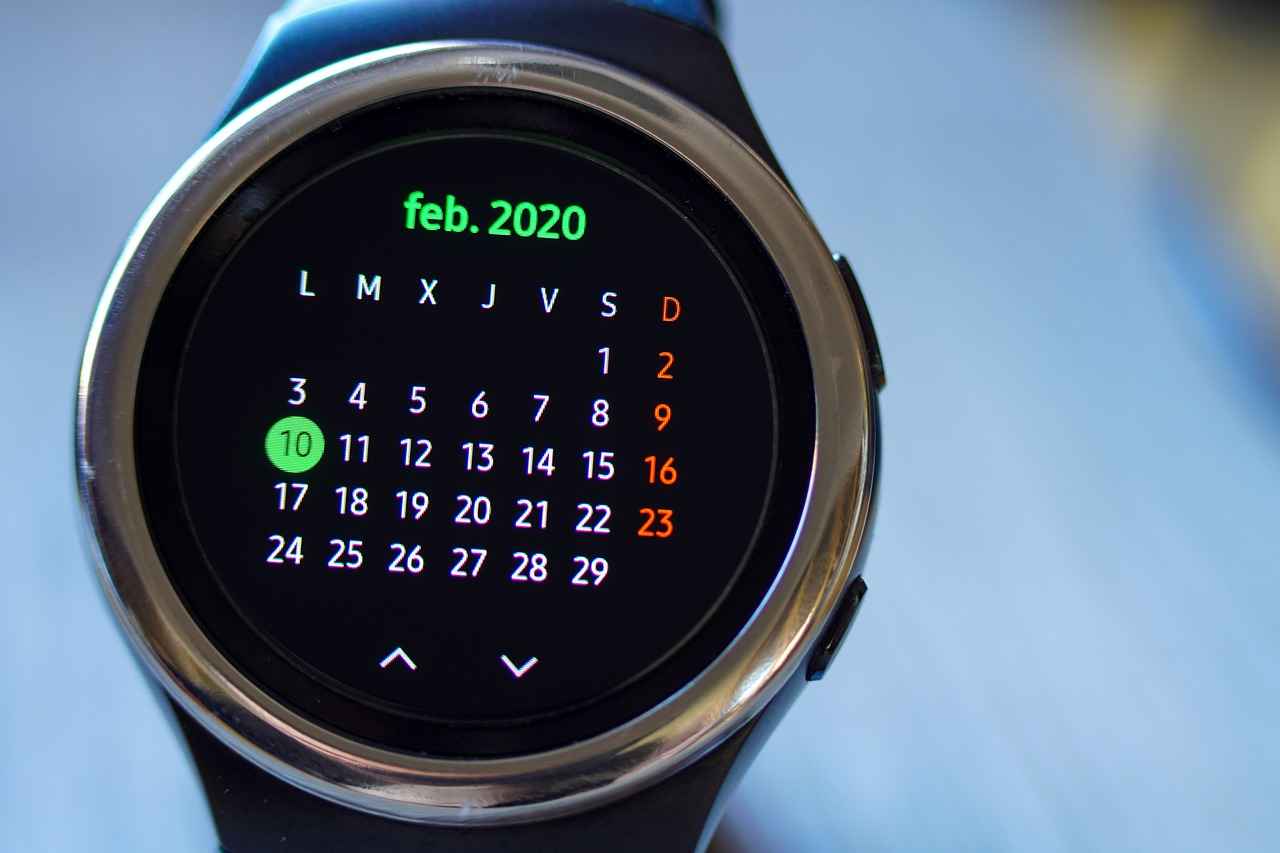
What are AI Features in Smartwatches?
AI features in smartwatches represent a groundbreaking integration of technology that significantly enhances the user experience. These features leverage artificial intelligence to provide a myriad of functionalities that cater to individual user needs, making smartwatches not just timepieces but essential health and lifestyle companions.
One of the most notable aspects of AI in smartwatches is personalized health tracking. Through continuous monitoring of biometric data such as heart rate, sleep patterns, and activity levels, smartwatches can offer tailored insights and recommendations. For instance, if a user consistently shows signs of stress, the smartwatch can suggest relaxation exercises or breathing techniques, promoting better mental health.
Additionally, the integration of voice commands enhances usability. Users can interact with their devices hands-free, making it easier to access information, send messages, or control music playback while on the move. This functionality is particularly beneficial for those who lead active lifestyles, allowing them to stay connected without interrupting their activities.
Another significant advantage of AI features is predictive analytics. By analyzing trends in user data, smartwatches can anticipate future health issues or suggest lifestyle adjustments. For example, if the device detects irregular heart rhythms over time, it may prompt the user to consult a healthcare professional, thus facilitating proactive health management.
Moreover, AI capabilities enable smartwatches to learn user behaviors and preferences, optimizing their performance accordingly. This includes managing notifications and reminders based on past interactions, ensuring that users remain organized and informed without feeling overwhelmed.
In summary, AI features in smartwatches are not merely enhancements; they are transformative elements that redefine how users engage with technology. By focusing on personalized health tracking, voice commands, and predictive analytics, these devices are paving the way for a more intuitive and health-conscious future.

Top Smartwatches with AI Capabilities
In the ever-evolving world of technology, smartwatches have become indispensable companions for many. With the integration of artificial intelligence (AI), these devices are not just timekeepers but powerful tools that enhance our daily lives. Below, we explore some of the top smartwatches equipped with AI capabilities, highlighting their unique features and what sets them apart.
- Apple Watch Series 8
The Apple Watch Series 8 is a frontrunner in the smartwatch market, boasting advanced health monitoring features. With its temperature sensing and crash detection capabilities, this model leverages AI to offer users actionable insights that promote wellness and safety. Its seamless integration with the Apple ecosystem further enhances its appeal.
- Samsung Galaxy Watch 5
Samsung’s Galaxy Watch 5 is designed for those who prioritize health and connectivity. This smartwatch utilizes AI-driven health metrics and provides comprehensive sleep tracking. Users can gain deeper insights into their well-being while enjoying seamless connectivity with other Samsung devices, making it a versatile choice for tech enthusiasts.
- Fitbit Sense 2
Fitbit has long been a leader in health tracking, and the Sense 2 is no exception. This smartwatch employs AI to monitor stress levels and detect heart rhythm irregularities. By providing personalized health recommendations, it empowers users to enhance their fitness journey and overall health.
- Garmin Venu 2
Garmin’s Venu 2 stands out with its focus on fitness and outdoor activities. Equipped with AI, it offers advanced GPS tracking and heart rate monitoring. The watch’s ability to analyze performance metrics in real-time makes it an excellent choice for athletes and fitness enthusiasts.
These smartwatches represent just a fraction of the innovative technology available today. Each model offers unique features tailored to different user preferences, ensuring there’s a perfect fit for everyone.
Apple Watch Series 8
The is a remarkable advancement in wearable technology, particularly noted for its health monitoring capabilities. This smartwatch has integrated cutting-edge features that prioritize user wellness and safety, making it a top choice for health-conscious individuals.
One of the standout features of the Apple Watch Series 8 is its temperature sensing capability. This innovative function allows the device to monitor changes in body temperature, which can be crucial for early detection of health issues. By analyzing temperature fluctuations over time, users can gain valuable insights into their overall health trends and make informed decisions about their well-being.
In addition to temperature sensing, the Series 8 includes crash detection technology. This feature utilizes advanced algorithms and sensors to detect severe car accidents. If a crash is detected, the watch can automatically contact emergency services and provide crucial location information, enhancing user safety in critical situations.
The integration of artificial intelligence in the Apple Watch Series 8 further elevates its functionality. AI algorithms analyze user data to offer personalized insights and recommendations tailored to individual health needs. For instance, users can track their activity levels, monitor heart rate variability, and receive tailored fitness coaching, all driven by AI analytics.
Moreover, the Apple Watch Series 8 is designed to seamlessly integrate with other Apple devices, creating a cohesive ecosystem that enhances user experience. Notifications, reminders, and health alerts are synchronized across devices, ensuring that users stay connected and informed at all times.
Overall, the Apple Watch Series 8 represents a significant leap in smartwatch technology, combining advanced health monitoring features with AI capabilities to provide users with actionable insights for improved wellness and safety.
Samsung Galaxy Watch 5
The is a remarkable smartwatch that combines cutting-edge technology with a focus on health and wellness. This device goes beyond traditional timekeeping, offering a suite of features that leverage artificial intelligence to provide users with comprehensive insights into their health metrics.
One of the standout features of the Galaxy Watch 5 is its AI-driven health metrics. This smartwatch continuously monitors various health indicators, including heart rate, blood oxygen levels, and stress levels. The integration of AI allows for real-time analysis of this data, enabling users to receive personalized feedback and recommendations tailored to their specific health needs.
In addition to health tracking, the Galaxy Watch 5 excels in sleep tracking. Utilizing advanced algorithms, it analyzes sleep patterns to provide insights into sleep quality and duration. Users can access detailed reports that highlight sleep stages, helping them understand their sleep habits better and make necessary adjustments for improved rest.
Another significant advantage of the Galaxy Watch 5 is its seamless connectivity with other devices. Whether you’re using a smartphone, tablet, or even smart home devices, this smartwatch ensures that you stay connected. Notifications for calls, messages, and apps are delivered directly to your wrist, allowing for quick responses without the need to constantly check your phone.
Furthermore, the Galaxy Watch 5 supports various fitness activities, offering tailored workout recommendations based on user preferences and performance. With built-in GPS and multiple exercise modes, it caters to fitness enthusiasts of all levels, ensuring that each workout is tracked accurately.
In summary, the represents a significant advancement in smartwatch technology, merging health monitoring with AI capabilities. With its focus on user well-being and connectivity, it stands out as a top choice for anyone looking to enhance their lifestyle through technology.
Fitbit Sense 2
The is an innovative smartwatch that leverages artificial intelligence to elevate personal health management. This device is designed not only to track fitness metrics but also to provide users with an in-depth understanding of their overall well-being. One of the standout features of the Fitbit Sense 2 is its ability to monitor stress levels through a combination of heart rate variability and skin temperature analysis. By utilizing AI algorithms, the watch can detect fluctuations in these metrics, offering personalized recommendations to help users manage stress effectively.
In addition to stress monitoring, the Fitbit Sense 2 is equipped with advanced heart rhythm detection capabilities. This feature uses AI to analyze heart rate data continuously, identifying any irregularities that may indicate potential health issues. Users receive timely alerts, allowing them to seek medical advice if necessary. This proactive approach to health monitoring empowers individuals to take charge of their health journey.
The smartwatch also incorporates a range of other health insights, such as sleep tracking and guided breathing exercises, tailored to the user’s specific needs. By analyzing patterns in sleep quality and duration, the device offers suggestions to enhance restfulness, contributing to overall health improvement.
- Stress Management: Real-time monitoring and personalized recommendations.
- Heart Rhythm Detection: Alerts for irregular heartbeats.
- Sleep Insights: Data-driven suggestions for better sleep quality.
Furthermore, the Fitbit Sense 2 is designed with user experience in mind, featuring a sleek interface that makes navigation seamless. The integration of AI not only enhances functionality but also provides users with actionable insights that can lead to healthier lifestyle choices. As a result, the Fitbit Sense 2 stands out as a powerful tool for anyone looking to enhance their fitness journey through intelligent health monitoring.

How AI Enhances Health Monitoring
Artificial Intelligence (AI) has revolutionized the way we approach health monitoring, especially in the realm of smartwatches. By harnessing the power of real-time data analysis, AI significantly enhances the capabilities of these devices, providing users with a deeper understanding of their health and fitness.
Real-Time Health Data Analysis
Smartwatches equipped with AI technologies are capable of analyzing health data in real-time. This means that users can receive immediate feedback on critical metrics such as heart rate, activity levels, and even stress indicators. For instance, if a user’s heart rate spikes during a workout, the smartwatch can alert them to adjust their intensity, ensuring safety and optimizing performance.
Advanced Sleep Analysis
Another remarkable feature is the ability to conduct in-depth sleep analysis. AI algorithms can track sleep patterns, identifying disturbances and providing personalized recommendations for improving sleep quality. By analyzing data such as sleep duration and cycles, users gain insights into their rest habits, which can lead to better overall health.
Personalized Fitness Coaching
AI also plays a crucial role in offering personalized fitness coaching. By learning from user behavior and preferences, smartwatches can suggest tailored workout plans and recovery strategies. This adaptability ensures that fitness routines are not just generic but are aligned with individual goals and capabilities.
Predictive Health Insights
Furthermore, AI-driven predictive analytics can forecast potential health issues by analyzing historical user data trends. This proactive approach empowers users to take necessary actions before minor issues escalate into significant health concerns. For example, detecting irregular heart rhythms early can lead to timely medical consultations.
In conclusion, the integration of AI in smartwatches is transforming health monitoring from a passive activity into an active, engaging process. By providing real-time data analysis, personalized insights, and predictive analytics, these devices are not just tools but essential partners in enhancing users’ health and well-being.
Real-Time Health Data Analysis
In the realm of wearable technology, smartwatches with AI capabilities have revolutionized how individuals monitor their health. These devices are not just timekeepers; they serve as personal health assistants that provide real-time analysis of various health metrics. By leveraging advanced algorithms and machine learning, these smartwatches can process data instantly, offering users immediate feedback on their physical activity, heart rate, and overall wellness.
One of the standout features of AI-enabled smartwatches is their ability to continuously track and analyze health data. For instance, as users engage in different physical activities, the smartwatch records their heart rate fluctuations and energy expenditure. This data is then analyzed in real-time, allowing users to see how their body responds to exercise, which can be crucial for optimizing workout routines.
Moreover, the extends to other vital metrics, such as sleep patterns and stress levels. Smartwatches can evaluate sleep quality by monitoring heart rate variability and movement throughout the night. Users receive insights into their sleep cycles, helping them understand the importance of rest and recovery. This feedback can motivate users to make necessary lifestyle adjustments.
Additionally, AI algorithms can identify trends in health data over time. For example, if a smartwatch detects a consistent increase in resting heart rate, it may alert the user to potential health issues, prompting them to consult a healthcare professional. This predictive capability empowers users to take proactive measures towards their health.
In summary, the integration of AI in smartwatches enhances the experience, offering personalized insights that can lead to improved health outcomes. As technology continues to evolve, these features will likely become even more sophisticated, making smartwatches indispensable tools for health management.
Predictive Health Insights
In the realm of wearable technology, represent a groundbreaking advancement that leverages the power of artificial intelligence (AI) to analyze user data trends. This capability is particularly prominent in smartwatches, which have become essential tools for health monitoring and management.
By utilizing AI-driven predictive analytics, smartwatches can forecast potential health issues before they escalate. This proactive approach empowers users to make informed decisions about their health and well-being. For instance, if a smartwatch detects irregular patterns in heart rate or sleep quality, it can alert the user to seek medical advice or adjust their lifestyle accordingly.
These predictive capabilities are made possible through continuous data collection and analysis. Smartwatches monitor various health metrics such as heart rate variability, activity levels, and even stress indicators. By examining these data points over time, the smartwatch can identify trends that may signify emerging health concerns. This is especially beneficial for individuals with pre-existing conditions or those who are at risk for certain health issues.
Moreover, the integration of AI allows for personalized health recommendations tailored to the user’s unique data profile. For example, if a smartwatch notices a user has been experiencing elevated stress levels, it may suggest relaxation techniques or prompt them to engage in physical activity to mitigate stress. This level of customization enhances the overall user experience and promotes healthier lifestyle choices.
In summary, the incorporation of AI-driven predictive analytics in smartwatches is revolutionizing how individuals monitor and manage their health. By forecasting potential health issues based on user data trends, these devices empower users to take proactive measures, ultimately leading to improved health outcomes and enhanced quality of life.

Voice Assistants and AI in Smartwatches
Voice assistants have revolutionized the way we interact with technology, and their integration into smartwatches has taken this innovation to new heights. Voice assistants like Siri, Google Assistant, and Bixby empower users to engage with their devices seamlessly and hands-free. This capability enhances the overall user experience by allowing for quick access to information and functionalities without the need for physical interaction.
One of the most significant advantages of voice assistants in smartwatches is the hands-free control they offer. Users can manage notifications, send messages, and even control music playback simply by speaking commands. This feature is particularly beneficial for those who are on the go, as it allows for multitasking without compromising safety or convenience.
Moreover, these voice assistants are equipped with advanced natural language processing, enabling them to understand and respond to user queries with impressive accuracy. This capability not only facilitates smoother interactions but also enhances the overall functionality of smartwatches. For instance, users can ask about the weather, set reminders, or check their calendar effortlessly.
In addition to basic commands, voice assistants in smartwatches also provide smart reminders and notifications. By learning user habits and preferences, these assistants can send timely alerts about important events, ensuring that users stay organized and informed. This predictive capability extends to health monitoring as well, where users can receive alerts about their activity levels or reminders to take breaks.
Furthermore, the integration of voice assistants into smartwatches promotes a more personalized experience. As they adapt to individual user preferences, these AI-powered tools enhance overall satisfaction by providing tailored responses and suggestions. This level of customization is a testament to the evolving role of AI in wearable technology.
In summary, the inclusion of voice assistants in smartwatches has significantly improved user interaction, making technology more accessible and intuitive. By offering hands-free control, smart notifications, and personalized experiences, these AI features are essential in enhancing the functionality and appeal of modern smartwatches.
Hands-Free Control
In today’s fast-paced world, has become a crucial feature in smartwatches, transforming the way users interact with their devices. With the integration of AI-powered voice assistants, users can effortlessly manage their smartwatches without the need to touch the screen. This innovation not only enhances convenience but also improves safety, especially while on the move.
Imagine being able to check your notifications, adjust your music playlist, or launch applications simply by using your voice. This capability is made possible by advanced voice recognition technology that allows for seamless interaction. Users can issue commands like “Play my workout playlist” or “What are my notifications?” and receive immediate responses, making multitasking easier than ever.
Moreover, AI-driven voice assistants are designed to learn from user behavior, adapting to individual preferences over time. This means that the more you interact with your voice assistant, the better it becomes at understanding your commands and providing relevant suggestions. For instance, if you frequently ask for weather updates, the assistant may proactively provide this information at the start of your day.
Additionally, the integration of voice commands extends beyond basic functionalities. Users can set reminders, send messages, and even control smart home devices directly from their smartwatch. This level of integration not only streamlines daily tasks but also enhances productivity, allowing users to stay focused on their activities without unnecessary distractions.
In summary, the hands-free control offered by AI-powered voice assistants in smartwatches represents a significant leap forward in wearable technology. By enabling users to interact with their devices through voice commands, these smartwatches provide a level of convenience and efficiency that is essential for modern lifestyles. As this technology continues to evolve, we can expect even more innovative features that will further enhance the user experience.
Smart Reminders and Notifications
In today’s fast-paced world, staying organized is more crucial than ever. powered by artificial intelligence (AI) are revolutionizing the way users manage their daily tasks and schedules. These features are designed to learn from individual habits and preferences, ensuring that important events and tasks are never overlooked.
AI algorithms analyze user behavior, identifying patterns that help predict when reminders should be sent. For instance, if a user consistently schedules meetings on Mondays at 10 AM, the smartwatch will automatically prompt them with a reminder a day before. This proactive approach not only enhances productivity but also alleviates the stress associated with forgetting important commitments.
Moreover, these smart reminders can be customized based on user preferences. Users can set specific criteria for notifications, such as location-based alerts that remind them to pick up groceries when they are near the store. This level of personalization ensures that notifications are relevant and timely, making them more effective.
- Habit Learning: Over time, AI learns user habits, adjusting reminders according to changes in routine.
- Integration with Calendars: Smartwatches sync with calendars and task lists, providing a comprehensive overview of upcoming obligations.
- Prioritization of Tasks: AI can prioritize tasks based on deadlines and user-defined importance, helping users focus on what matters most.
In addition to reminders, notifications can be tailored to filter out distractions. Users can choose to receive alerts only for high-priority messages or events, allowing them to maintain focus on their current tasks without unnecessary interruptions. This balance between connectivity and concentration is key to optimizing daily productivity.
Ultimately, AI-powered smart reminders and notifications are not just about keeping track of tasks; they are about enhancing the overall user experience. By providing timely, relevant, and personalized alerts, these features empower users to take control of their schedules and improve their time management skills.
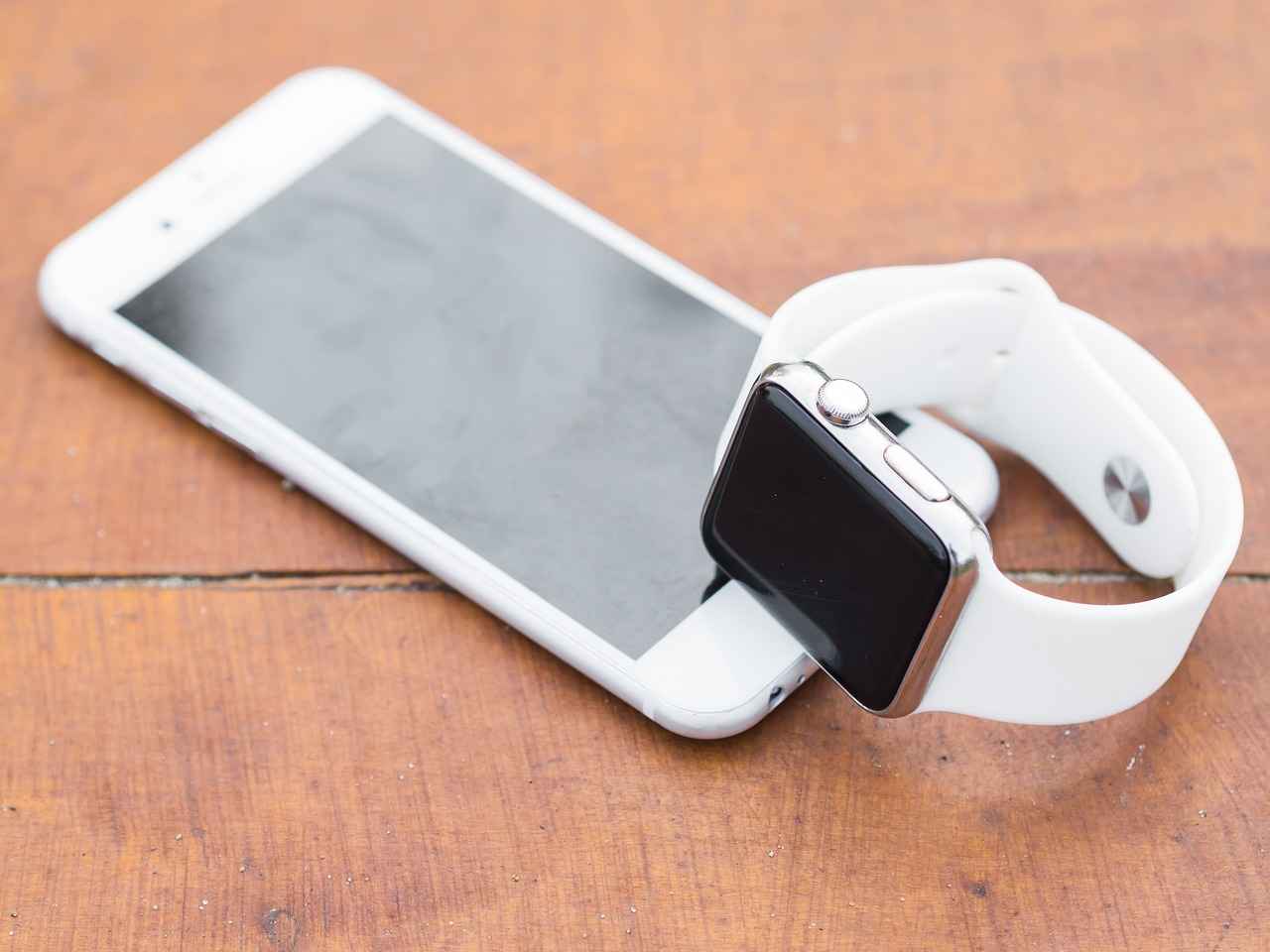
Battery Life and AI Optimization
In the realm of wearable technology, battery life is one of the most critical factors influencing user satisfaction. Smartwatches, equipped with advanced AI technology, are revolutionizing how we manage power consumption. By intelligently analyzing user activity and app usage, these devices can significantly enhance their battery longevity, allowing for extended periods between charges.
AI plays a pivotal role in optimizing battery life through adaptive power consumption. By monitoring user behavior, smartwatches can identify when the device is in active use versus when it is idle. This capability enables the smartwatch to adjust its power usage accordingly, ensuring that essential functions remain operational while conserving energy during less active times.
Advanced machine learning algorithms allow smartwatches to learn user habits over time. For instance, if a user typically exercises at a certain time, the smartwatch can allocate more power to fitness tracking features during those hours while reducing power to less critical functions. This tailored approach not only enhances the user experience but also prolongs battery life.
Recent advancements in charging technologies complement AI optimization efforts. Many smartwatches now feature rapid charging capabilities, allowing users to recharge their devices quickly. Coupled with AI, these innovations ensure that users can maintain their devices’ power levels without long downtimes, making it easier to stay connected and active.
The real-world implications of AI-driven battery management are profound. Users can enjoy their smartwatches for longer durations, whether for health monitoring, notifications, or entertainment, without the constant worry of needing to recharge. This enhanced battery efficiency not only improves user satisfaction but also encourages more frequent use of smartwatch features.
In summary, the integration of AI technology in smartwatches is a game-changer for battery life optimization. By managing power consumption intelligently, these devices allow users to experience a seamless and extended usage period, redefining the way we interact with wearable technology.
Adaptive Battery Management
In the realm of smartwatches, is a groundbreaking feature that significantly enhances user experience. With the integration of artificial intelligence, smartwatches can now learn and adapt to individual user habits, resulting in optimized battery usage. This innovation ensures that essential functionalities remain operational while conserving power during less active periods.
One of the key advantages of AI-driven adaptive battery management is its ability to analyze user activity patterns. For instance, if a user typically engages in physical activities during specific hours, the smartwatch can allocate more power to features like GPS tracking and heart rate monitoring during those times. Conversely, during periods of inactivity, the device intelligently reduces power consumption, extending the battery life significantly.
Moreover, this technology allows for customized settings based on user preferences. Users can set priorities for which applications and features they deem most important. The smartwatch will then adjust its energy distribution accordingly, ensuring that crucial notifications and health monitoring features remain active, while less critical apps are temporarily limited. This level of personalization not only enhances convenience but also empowers users to take control of their device’s performance.
Furthermore, the implementation of machine learning algorithms plays a crucial role in the efficiency of adaptive battery management. These algorithms continuously learn from user interactions, refining their predictions and adjustments over time. As a result, users experience a seamless transition between high and low power modes without compromising essential functionalities.
In summary, adaptive battery management powered by AI is revolutionizing the way smartwatches operate. By intelligently managing power consumption based on user habits, these devices not only enhance battery longevity but also ensure that users have access to the features they need most, precisely when they need them.
Charging Innovations
In the rapidly evolving world of technology, have become a focal point, particularly in the realm of smart devices. Recent advancements in charging technology, when combined with artificial intelligence, have significantly transformed the way users charge their devices, enabling faster charging times and smarter power management solutions.
One of the most exciting developments is the introduction of smart charging systems that utilize AI to optimize the charging process. These systems can learn from user habits, adjusting the charging speed based on the time of day and the user’s routine. For instance, if a user typically charges their smartwatch overnight, the AI can slow down the charging speed during the last few minutes to preserve battery health, ensuring that the device is ready for use without overcharging.
Moreover, many modern devices now feature fast-charging technologies that leverage AI algorithms to determine the optimal voltage and current needed for charging. This capability not only reduces the time it takes to reach a full charge but also minimizes heat generation, which is crucial for maintaining battery longevity. As a result, users can experience more reliable performance throughout the day.
Additionally, AI-driven power management allows for better resource allocation, ensuring that essential functions remain operational while conserving energy for less critical applications. This means that users can enjoy a longer battery life without compromising on the features they rely on most.
Overall, the integration of AI with charging innovations represents a significant leap forward in technology, making it easier for users to keep their devices powered throughout the day. As these technologies continue to evolve, we can expect even more efficient and user-friendly charging solutions in the near future.
Frequently Asked Questions
- What are the key AI features in smartwatches?
AI features in smartwatches include personalized health tracking, voice commands, and predictive analytics, all aimed at enhancing user experience. These functionalities help users make informed decisions about their health and daily activities.
- How does AI improve health monitoring on smartwatches?
AI enhances health monitoring by analyzing real-time data, allowing for features like heart rate variability tracking and personalized fitness coaching. This means you get immediate feedback on your wellness and can adjust your activities accordingly.
- Can voice assistants really help manage my smartwatch?
Absolutely! AI-powered voice assistants like Siri and Google Assistant enable hands-free control, letting you access notifications and apps without touching your watch. This makes multitasking a breeze, especially when you’re on the go!
- How does AI affect battery life in smartwatches?
AI technology optimizes battery life by learning your usage habits. It manages power consumption effectively, ensuring that your smartwatch lasts longer between charges, so you can keep track of your health without worrying about running out of battery.
- Which smartwatch is best for AI features?
While it depends on personal preference, models like the Apple Watch Series 8, Samsung Galaxy Watch 5, and Fitbit Sense 2 are highly regarded for their AI capabilities, offering various unique features tailored to different user needs.

